23-24 // E1 // SPECIES OF SPACES. CASE STUDIES

First glance. Typological series.
The first part of the exercise starts abruptly with three buildings, which we call "exemplary" - constructions renowned through various elements such as temporal context, surrounding circumstances, eloquent materials, etc. The series are based on the six spatial types studied: linear, central, chambered, hypostyle, inner courtyard, and porticco. Students decipher the basic spatial principles that connect the three buildings and outline them in the form of a short descriptive text called a criterion. A fourth model is chosen to complete the series. The models are investigated together to find a series of collective values that transcend a comprehensive objective historical or functional documentation. With the first encounter with drawing as a technical unit of measurement, both abstract representations such as positive-negative and attempts to assemble the four models into so-called personal interpretation sheets are explored.
The assembly of the models often translates into imagining a fourth model, based on the previously named criterion. Therefore, this "fourth model" is the result of a juxtaposition conditioned by the criterion. Deforming the four models does not seek to radically change but rather to adjust and cope.
Second glance. The Model.
The study then narrows down to the meticulous drawing of a single model. For five weeks, in teams of two students each, they attempt to grapple with a renowned model that, often, is staggering in its mere existence.
The first part of the exercise starts abruptly with three buildings, which we call "exemplary" - constructions renowned through various elements such as temporal context, surrounding circumstances, eloquent materials, etc. The series are based on the six spatial types studied: linear, central, chambered, hypostyle, inner courtyard, and porticco. Students decipher the basic spatial principles that connect the three buildings and outline them in the form of a short descriptive text called a criterion. A fourth model is chosen to complete the series. The models are investigated together to find a series of collective values that transcend a comprehensive objective historical or functional documentation. With the first encounter with drawing as a technical unit of measurement, both abstract representations such as positive-negative and attempts to assemble the four models into so-called personal interpretation sheets are explored.
The assembly of the models often translates into imagining a fourth model, based on the previously named criterion. Therefore, this "fourth model" is the result of a juxtaposition conditioned by the criterion. Deforming the four models does not seek to radically change but rather to adjust and cope.
Second glance. The Model.
The study then narrows down to the meticulous drawing of a single model. For five weeks, in teams of two students each, they attempt to grapple with a renowned model that, often, is staggering in its mere existence.
A hypostyle space
Cătălin Cernitu, Atena Vințan
First glance. Typological series.
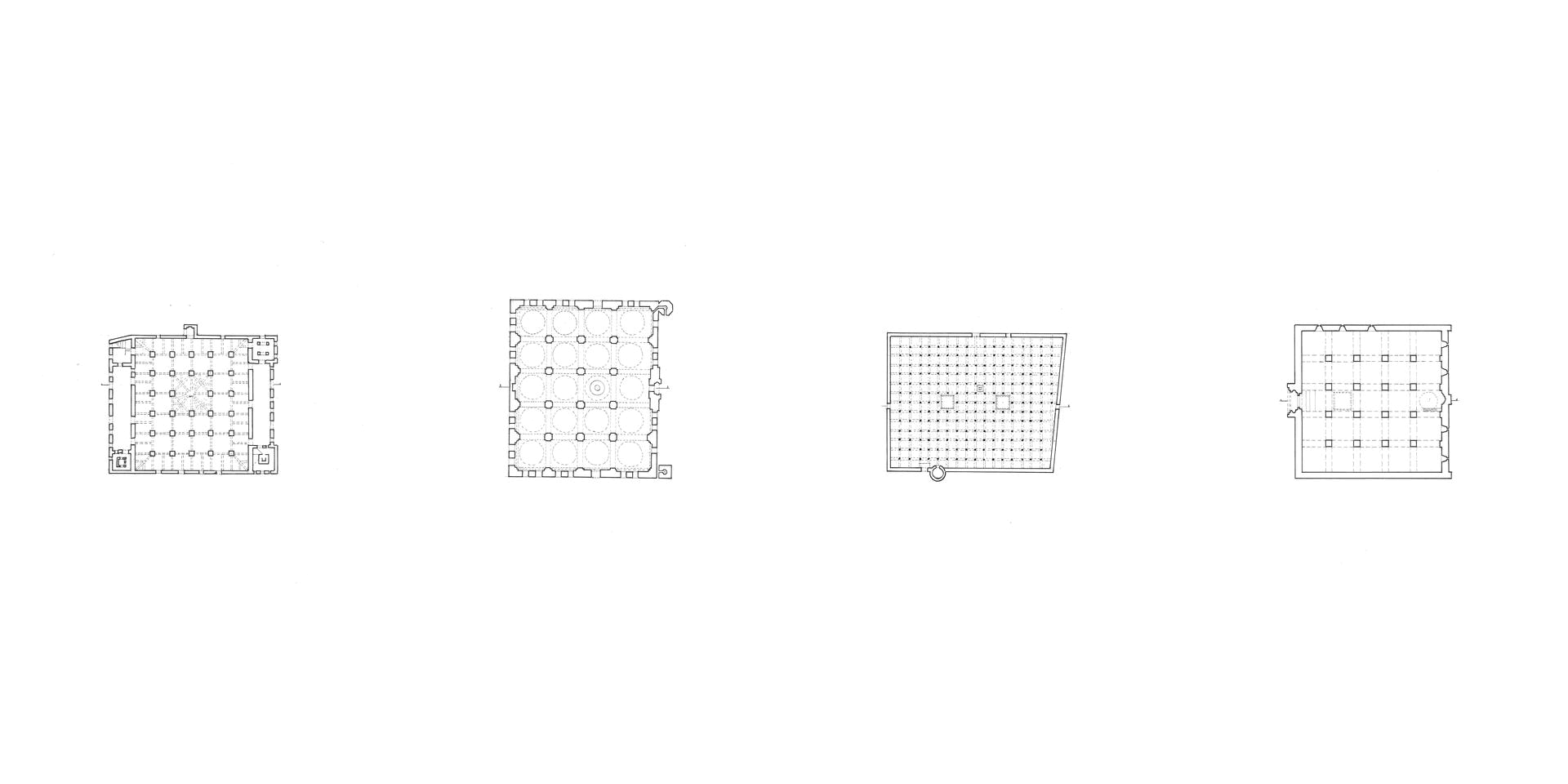
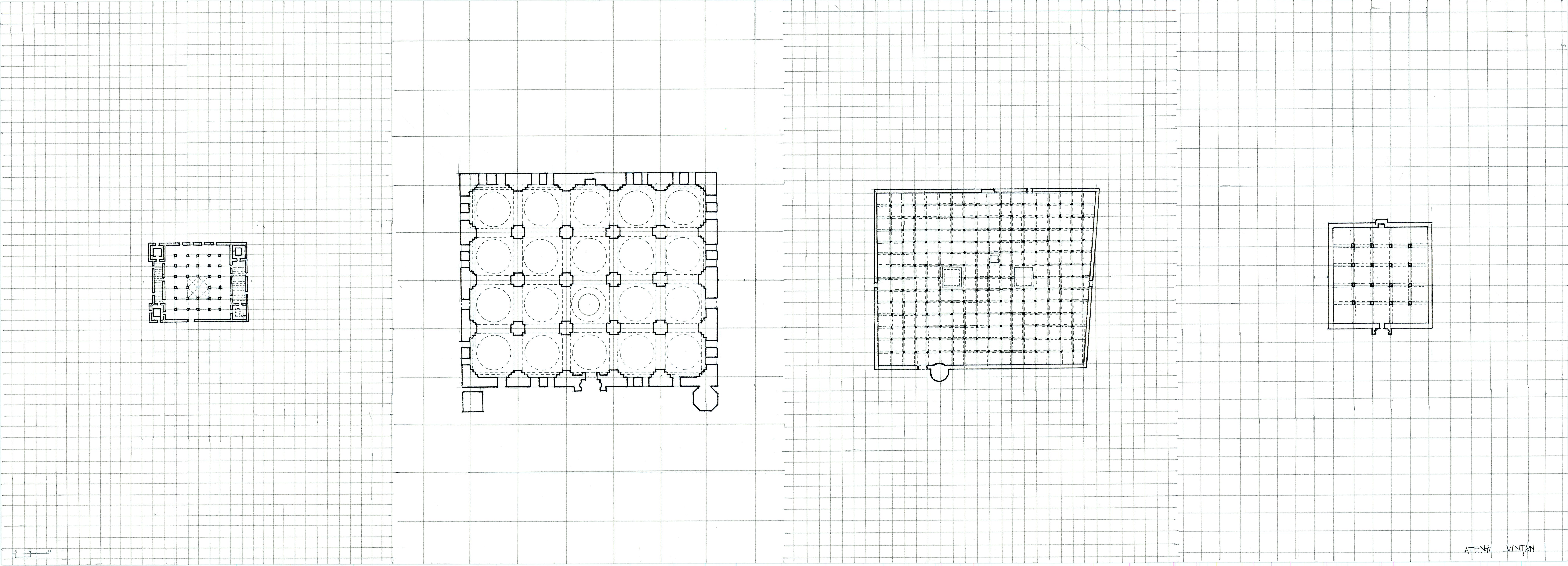

Second glance. The Model.


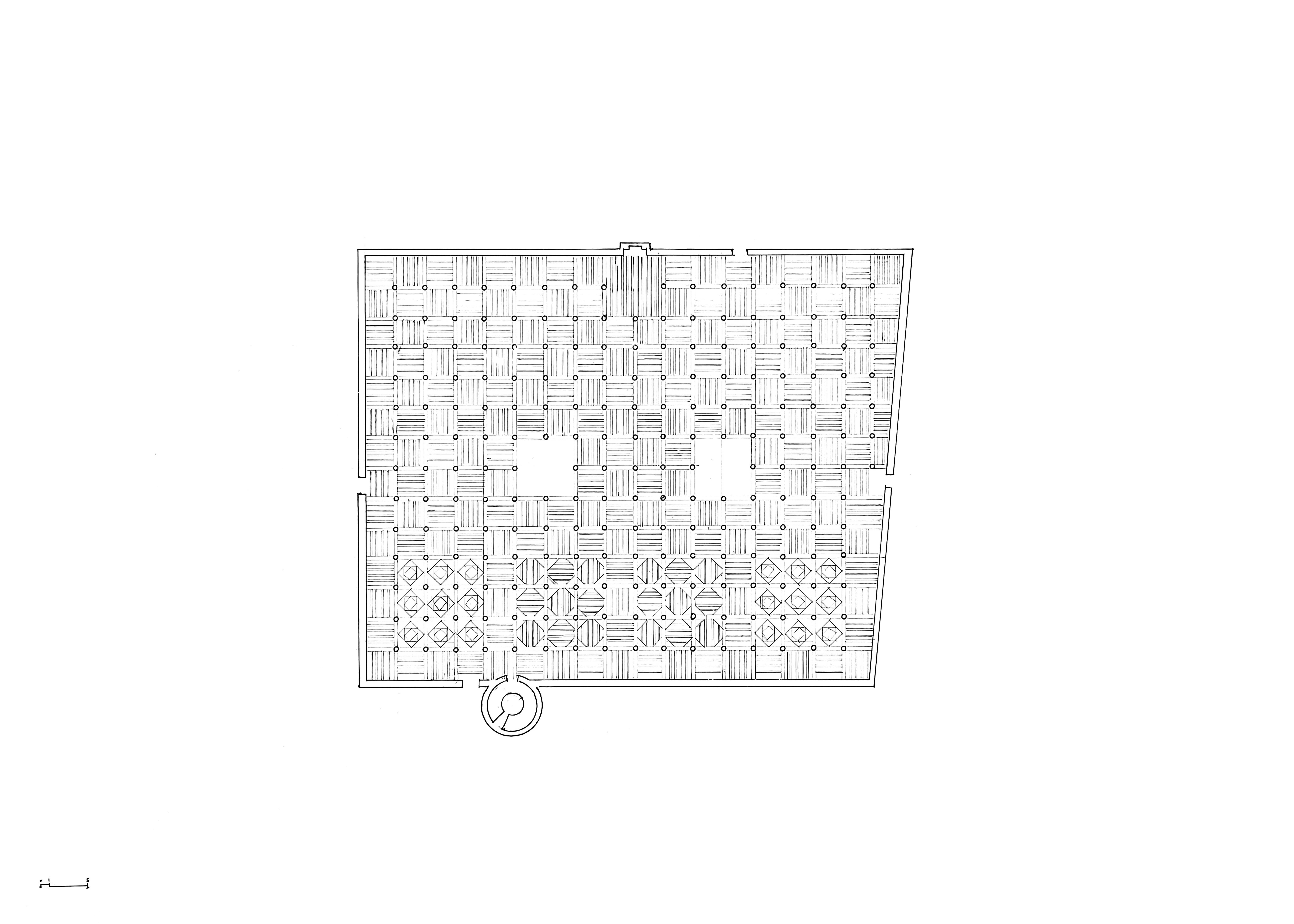

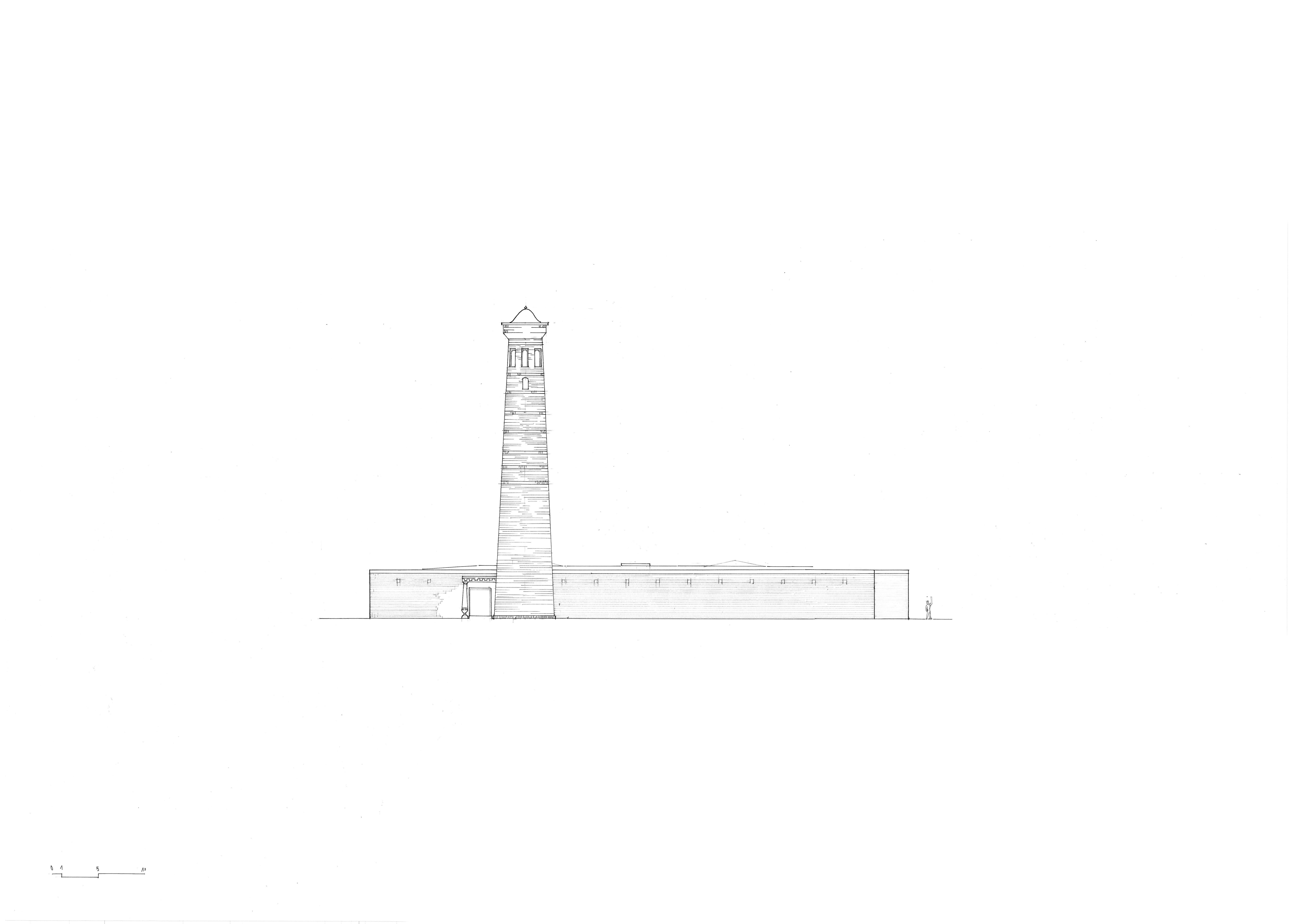



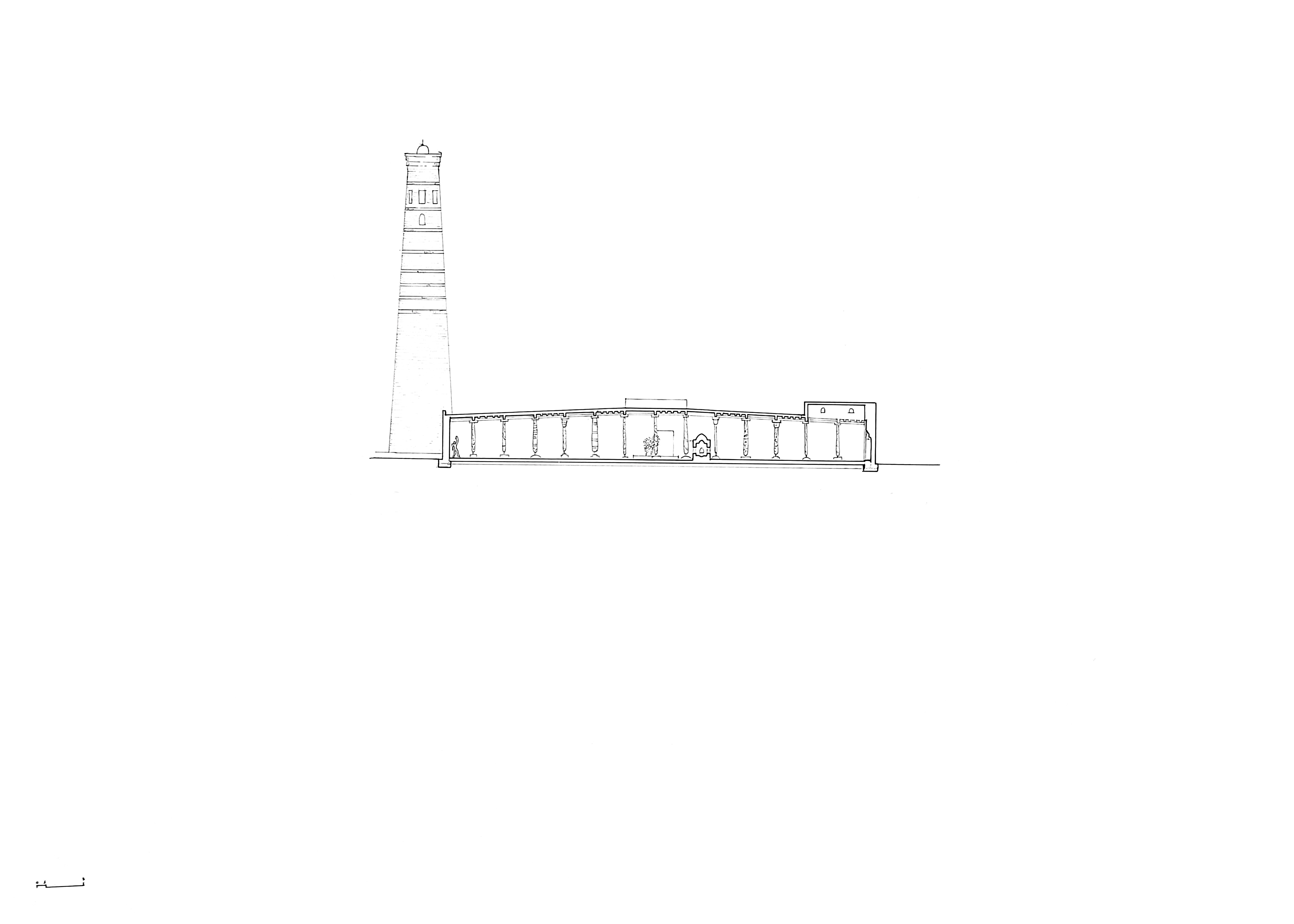





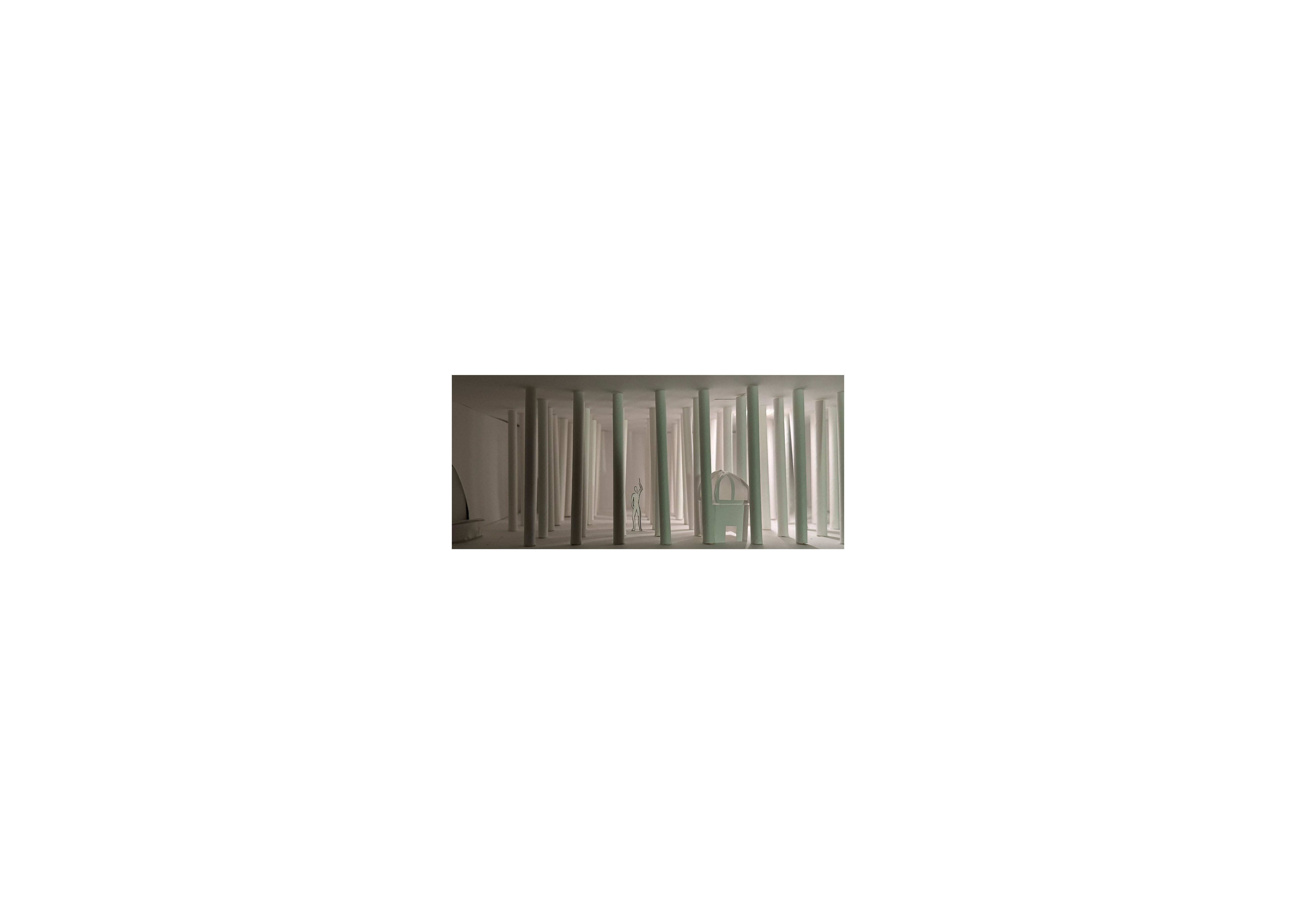

Set of rooms
Ana Cătălina Stancu, Andreea Zigu
First glance. Typological series.
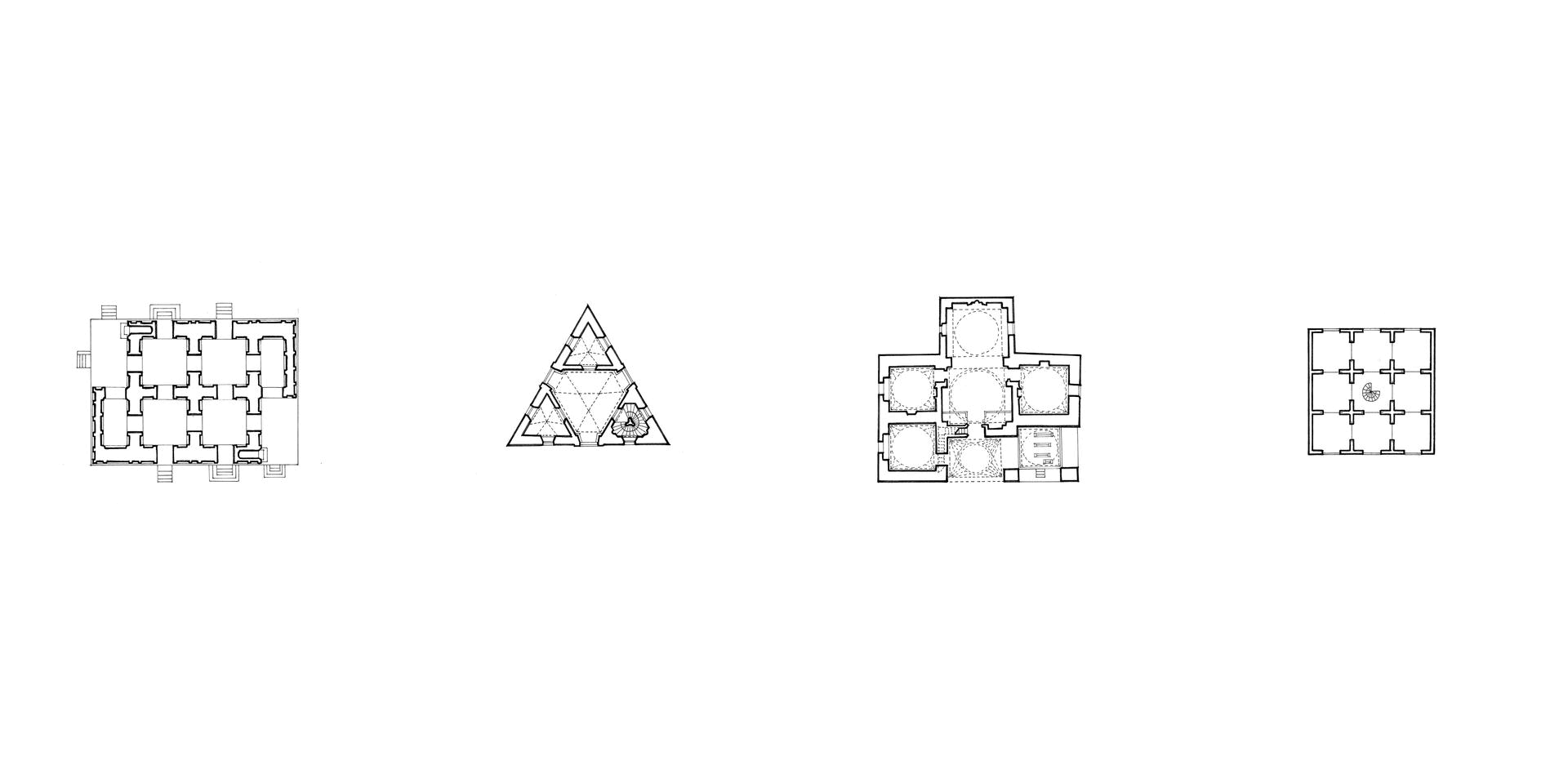
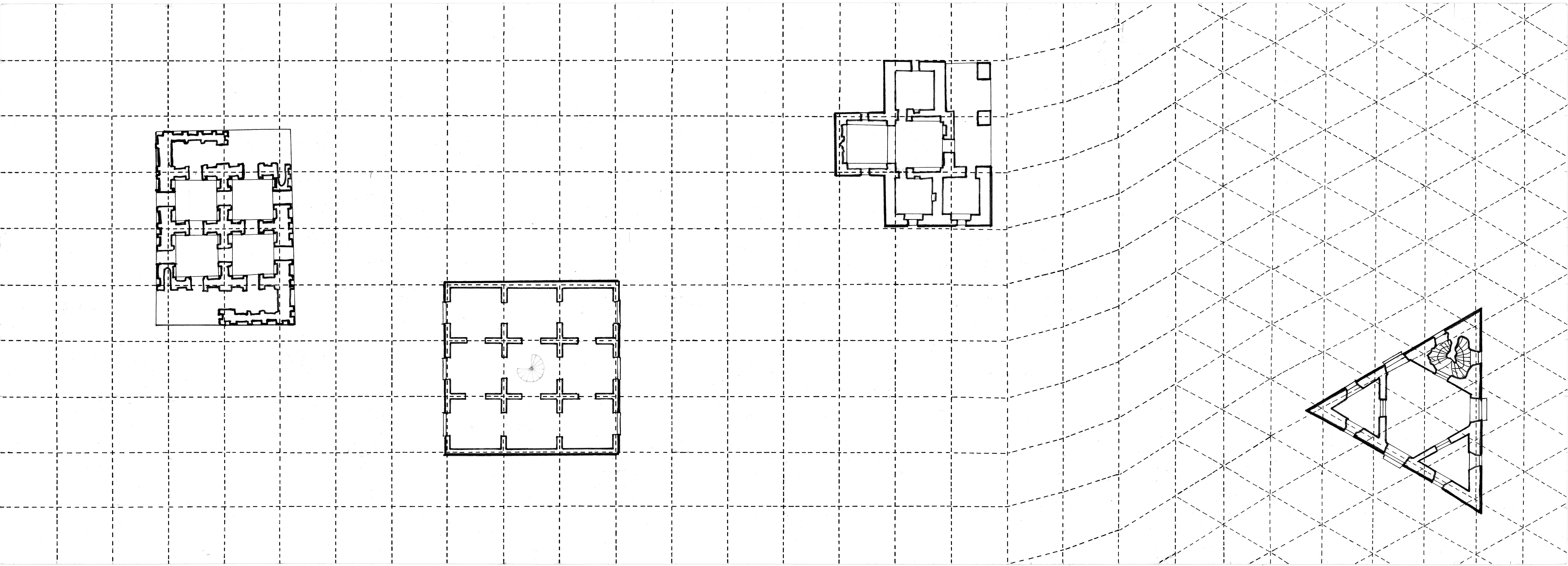

Second glance. The Model.



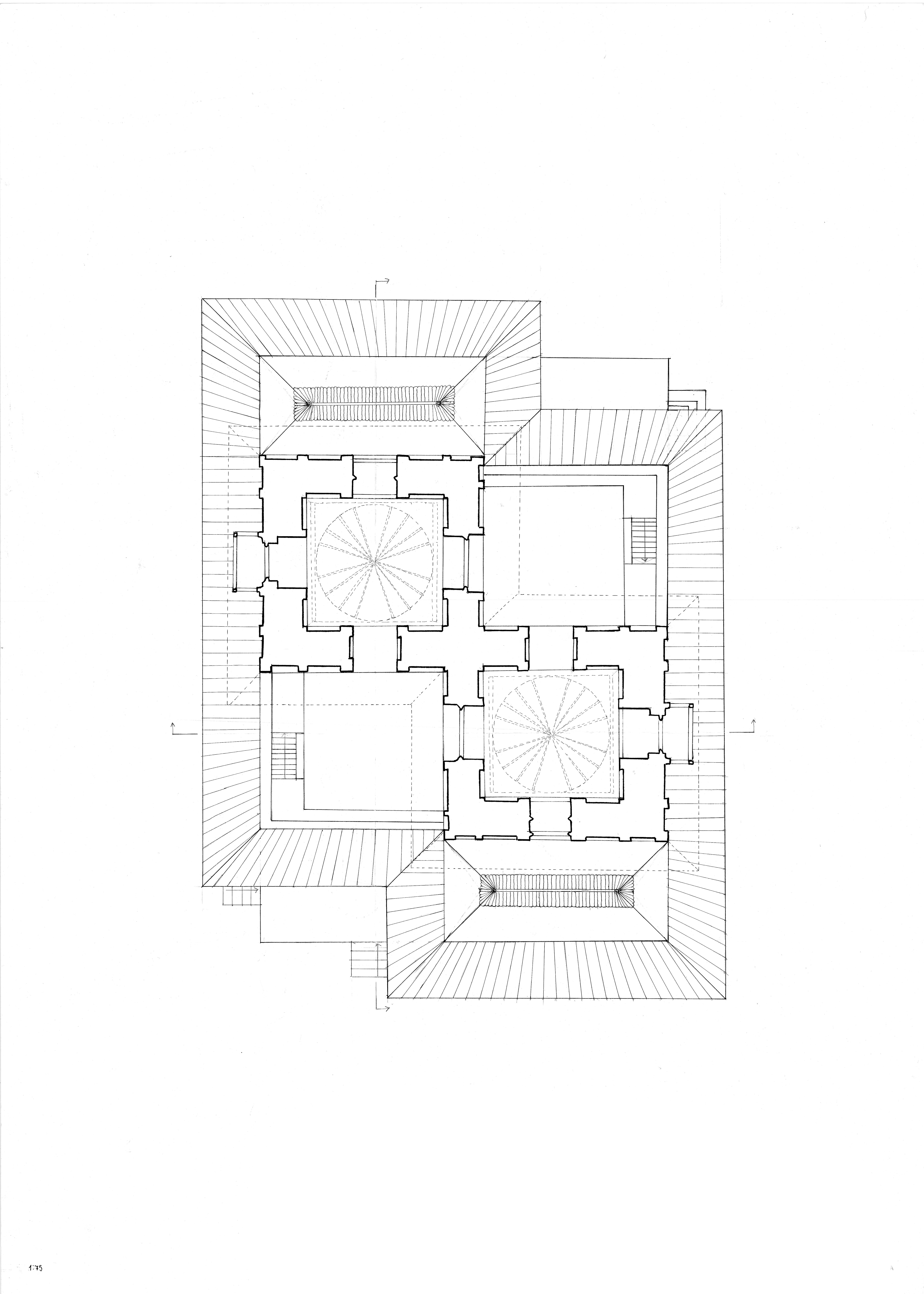


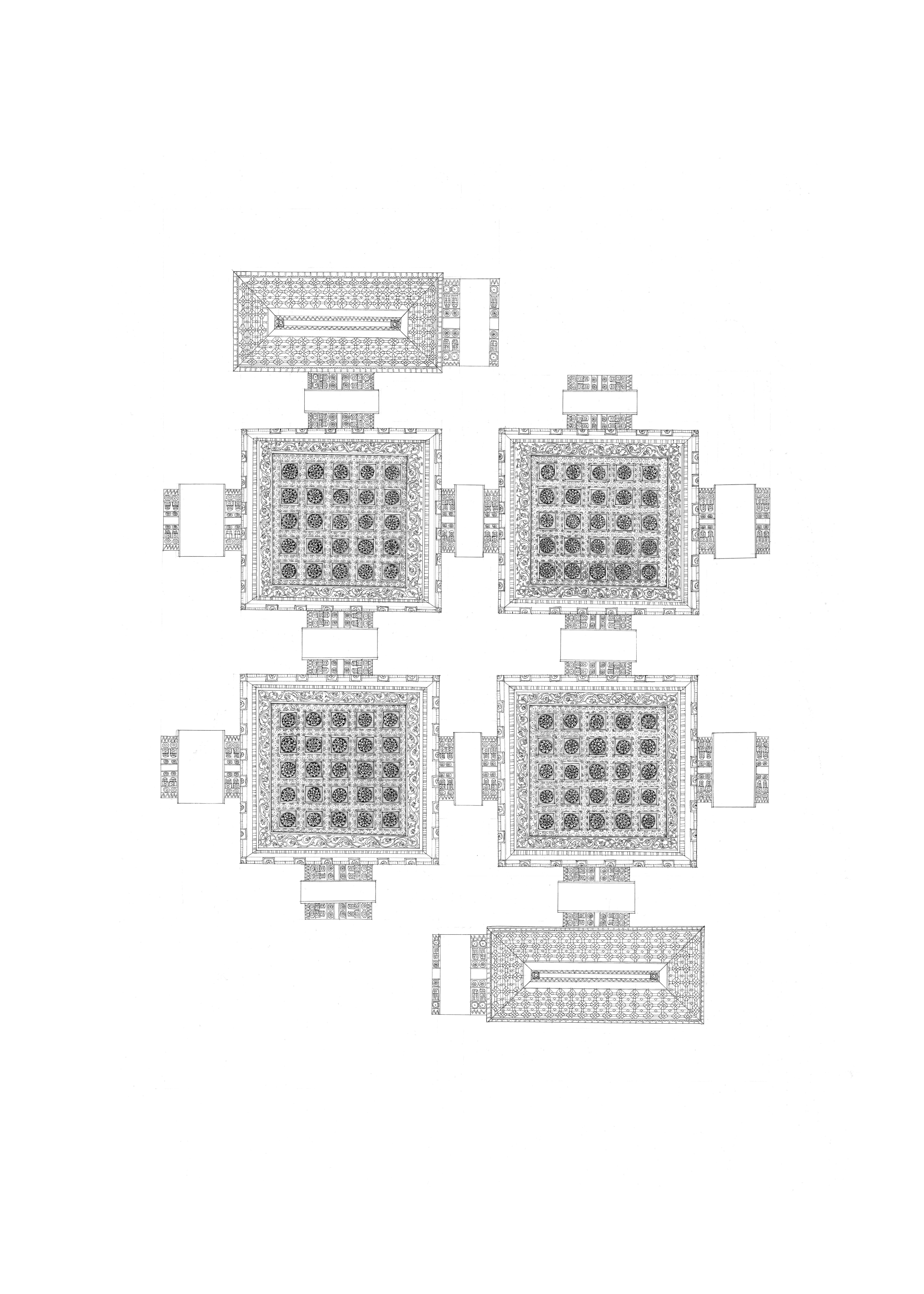




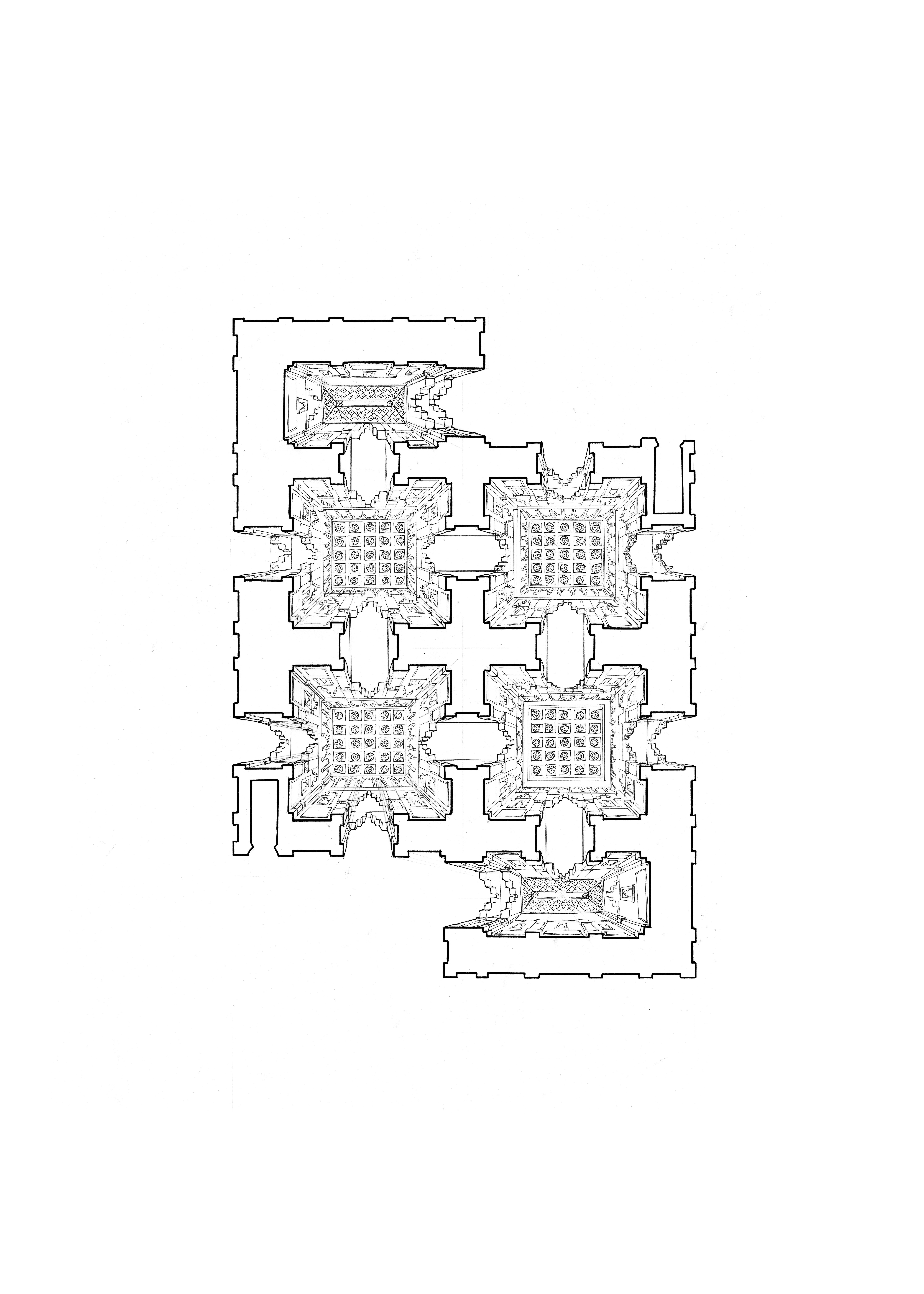

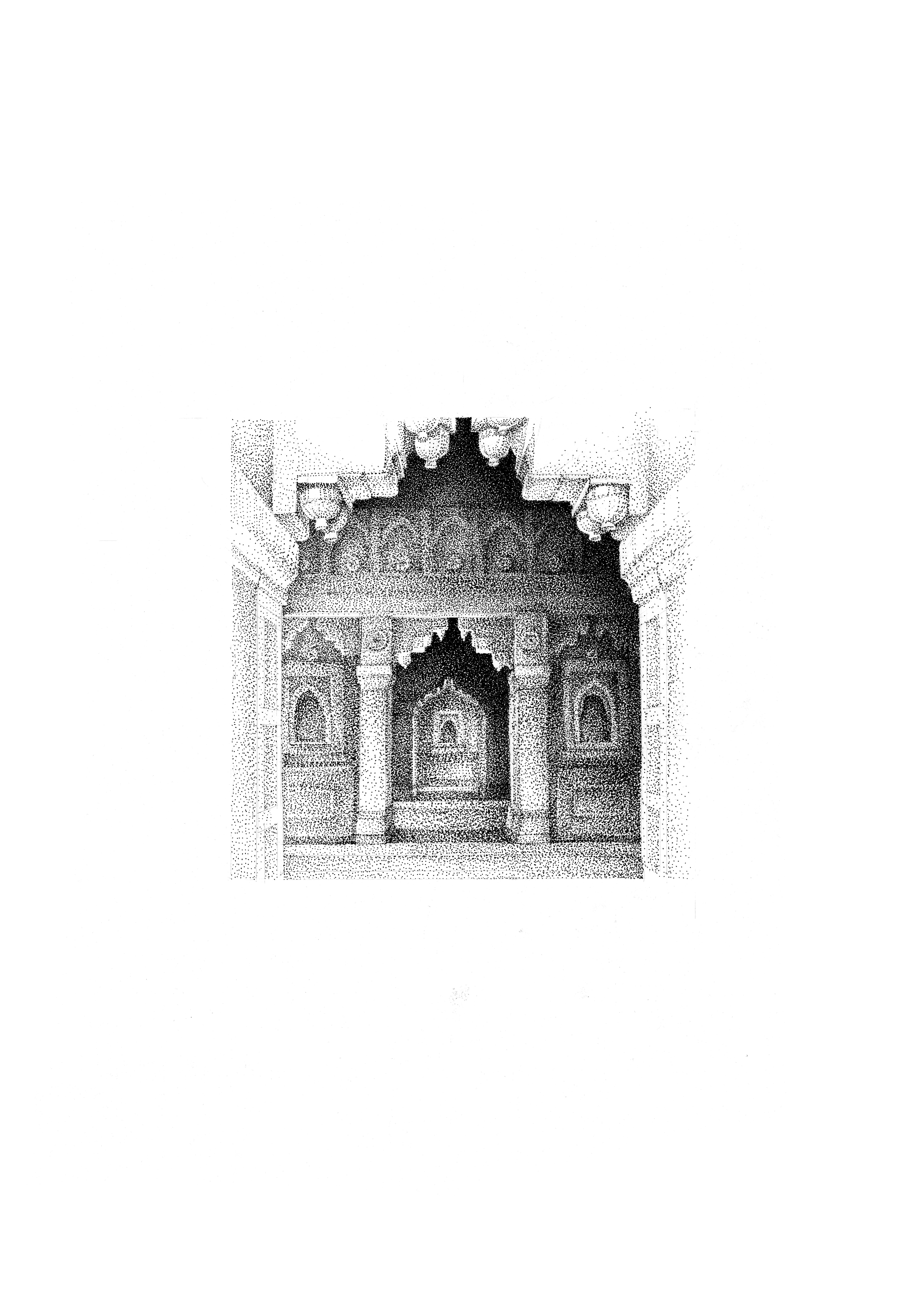






Set of rooms
Iulian Ion, David Hurgheș
First glance. Typological series.
Iulian Ion, David Hurgheș
First glance. Typological series.
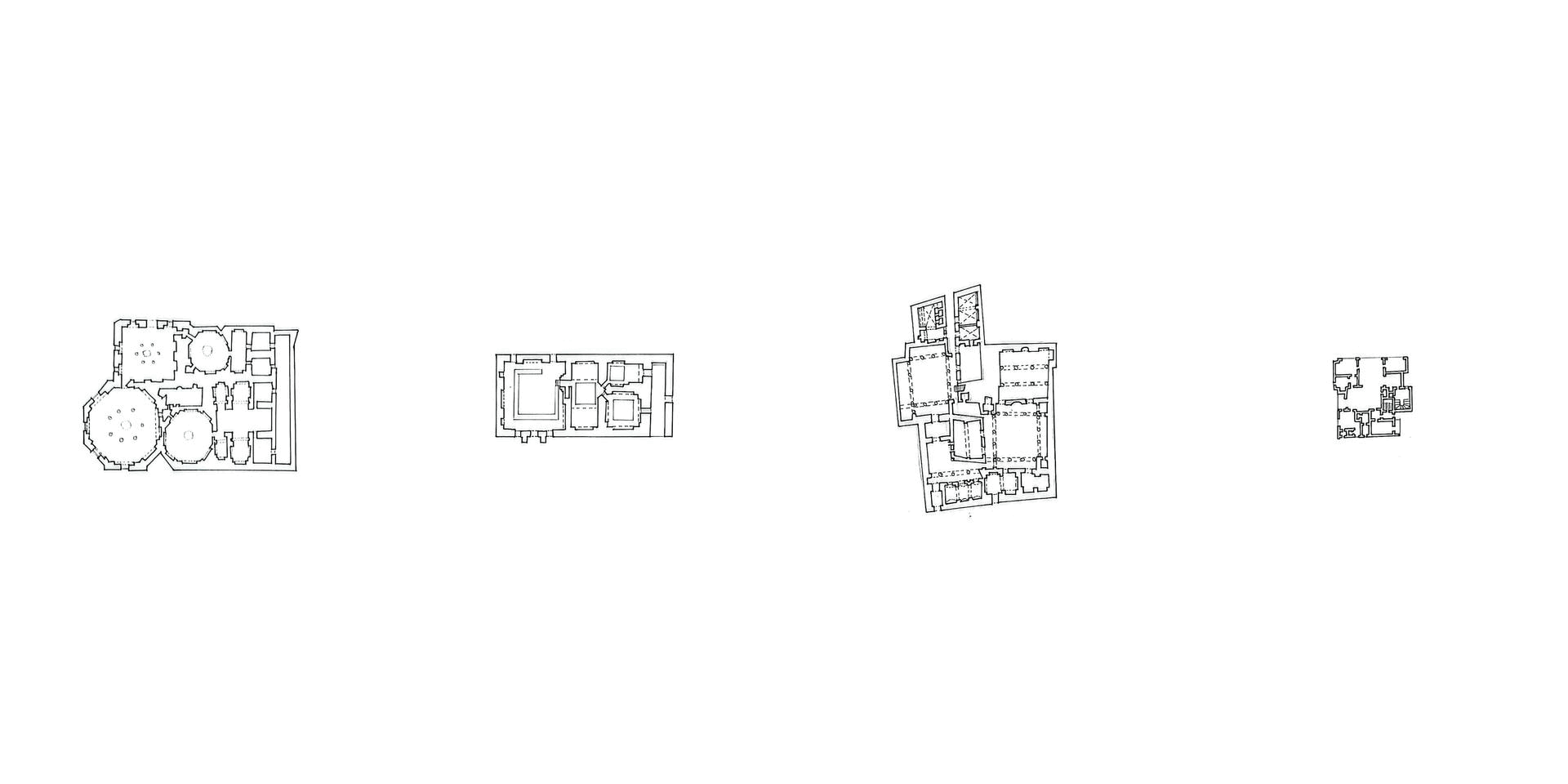


Second glance. The Model.

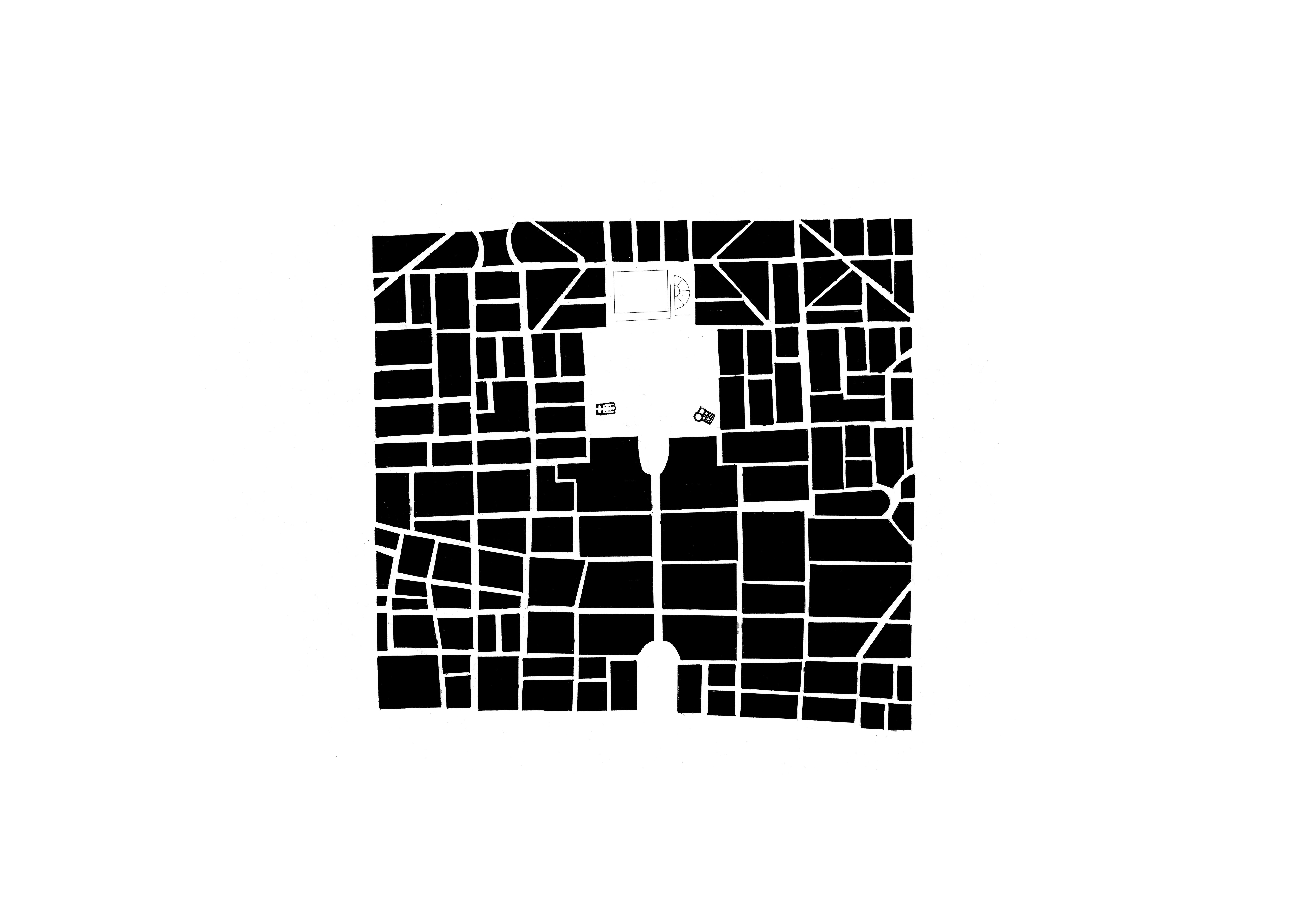

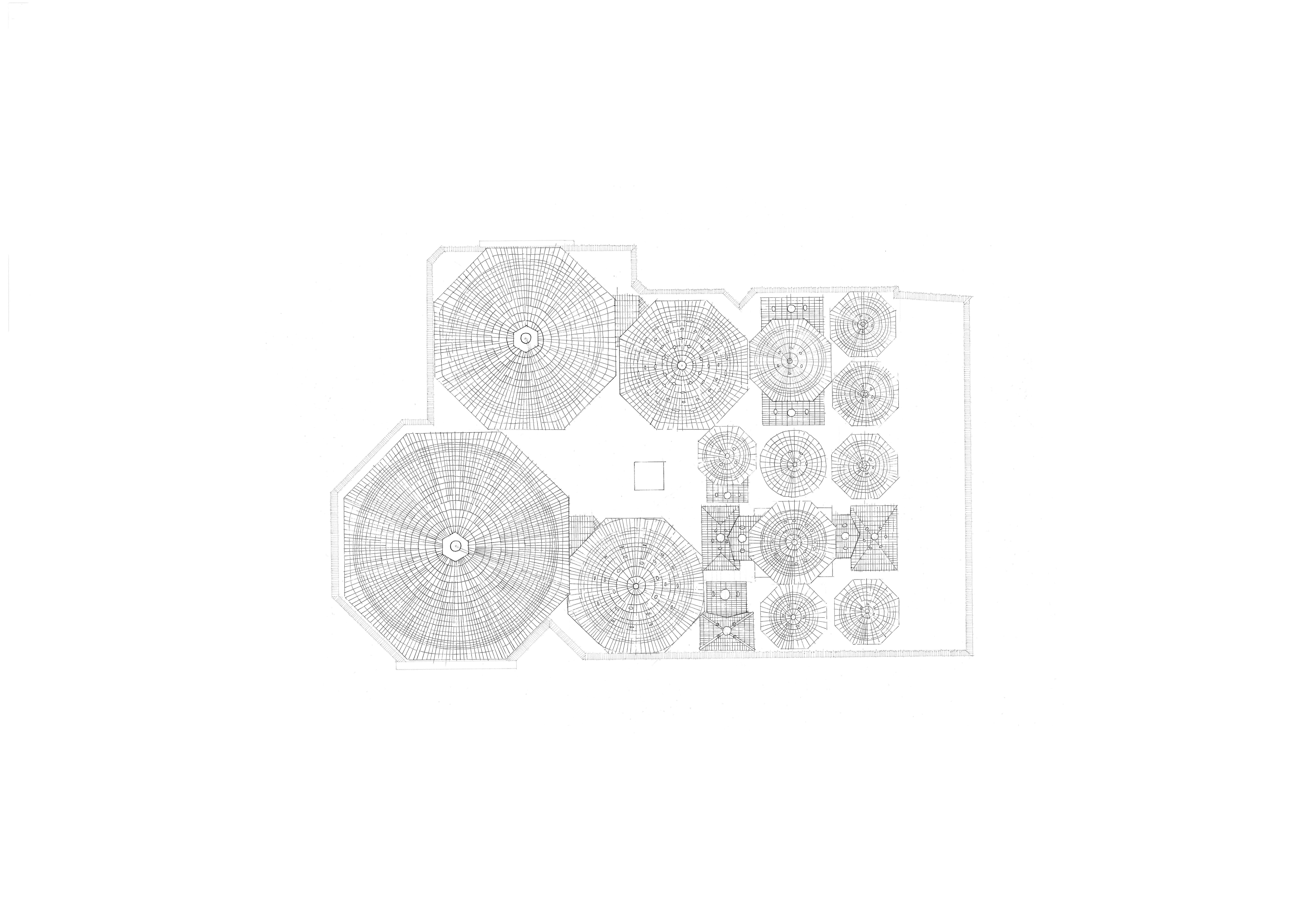

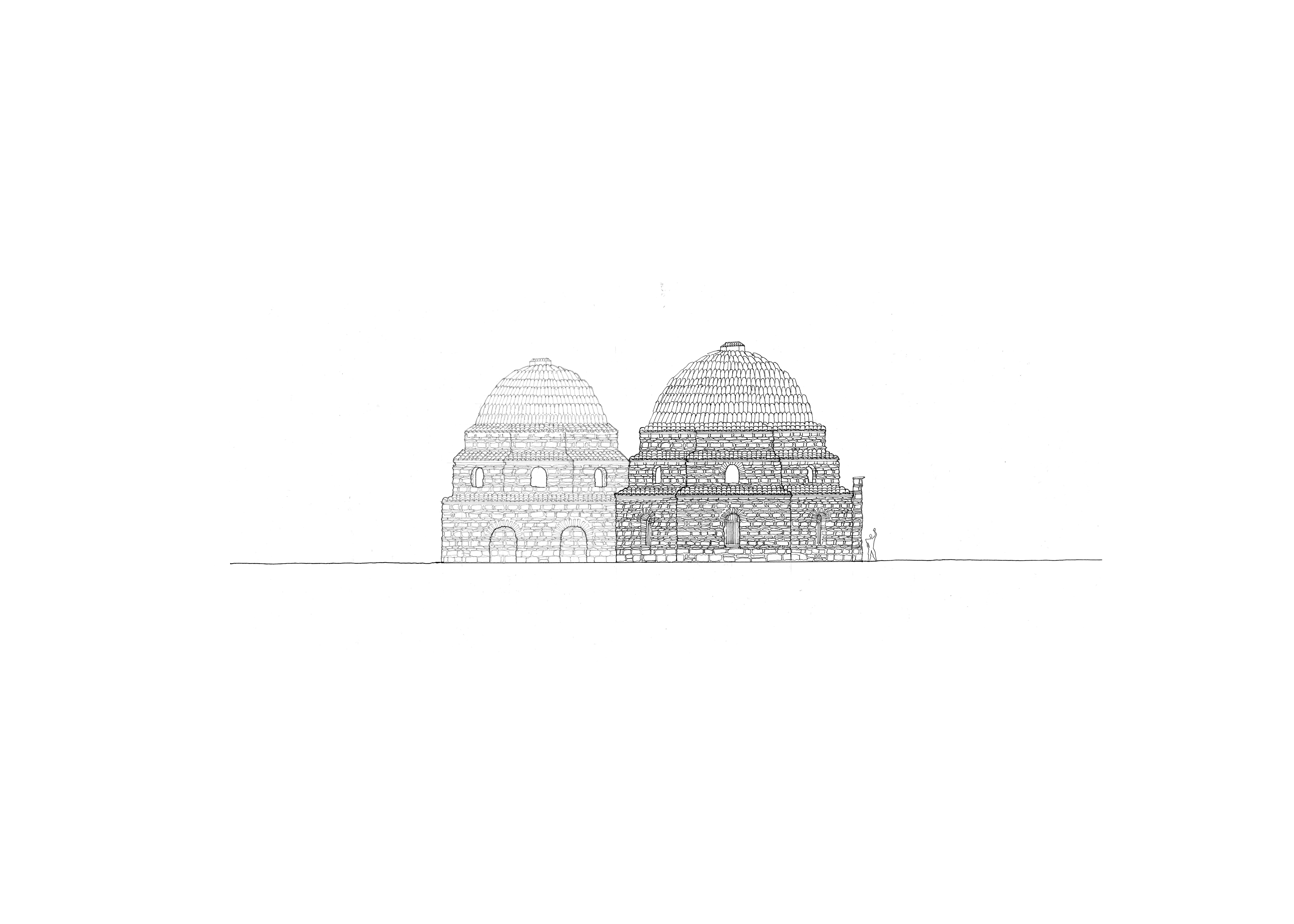
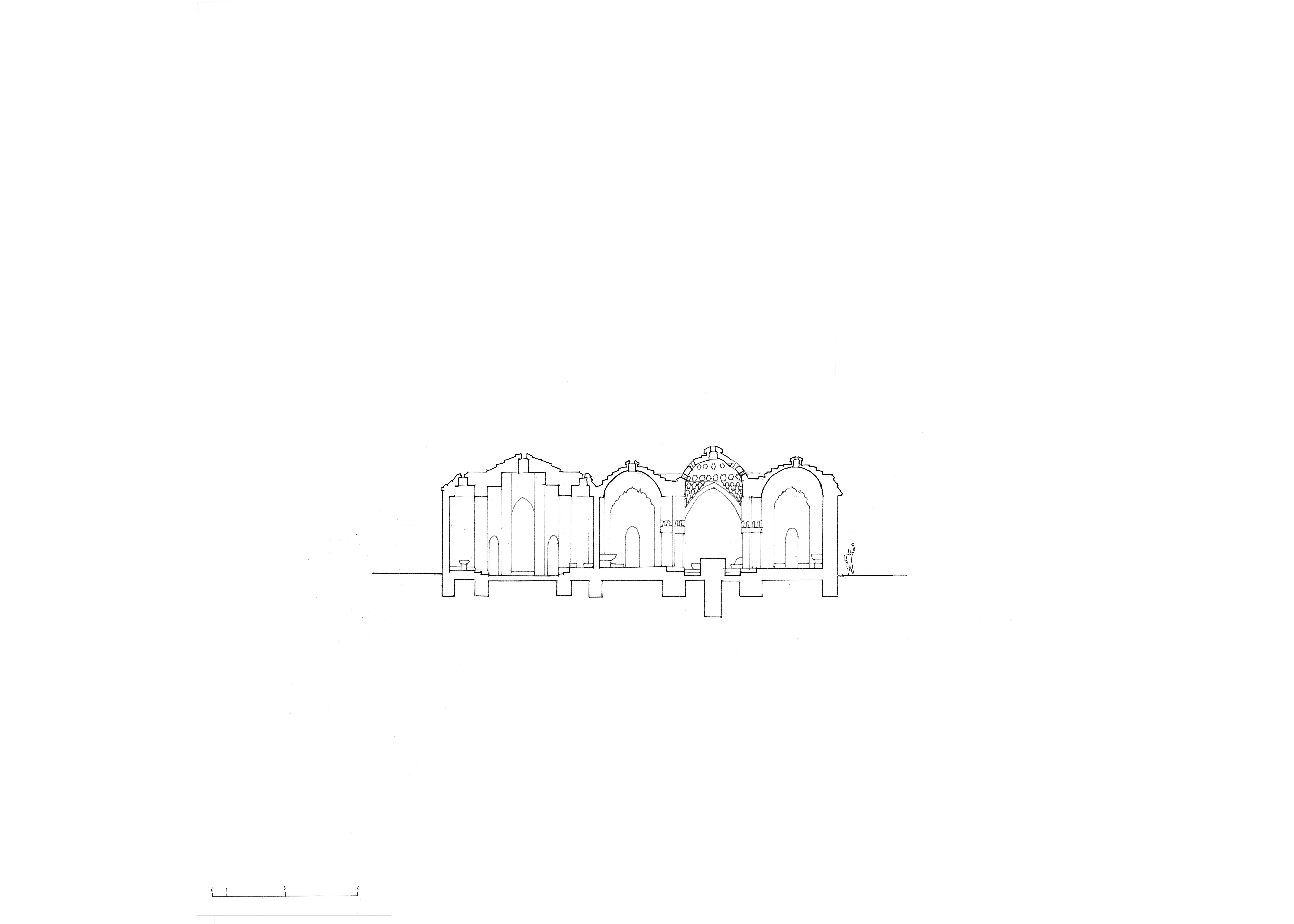
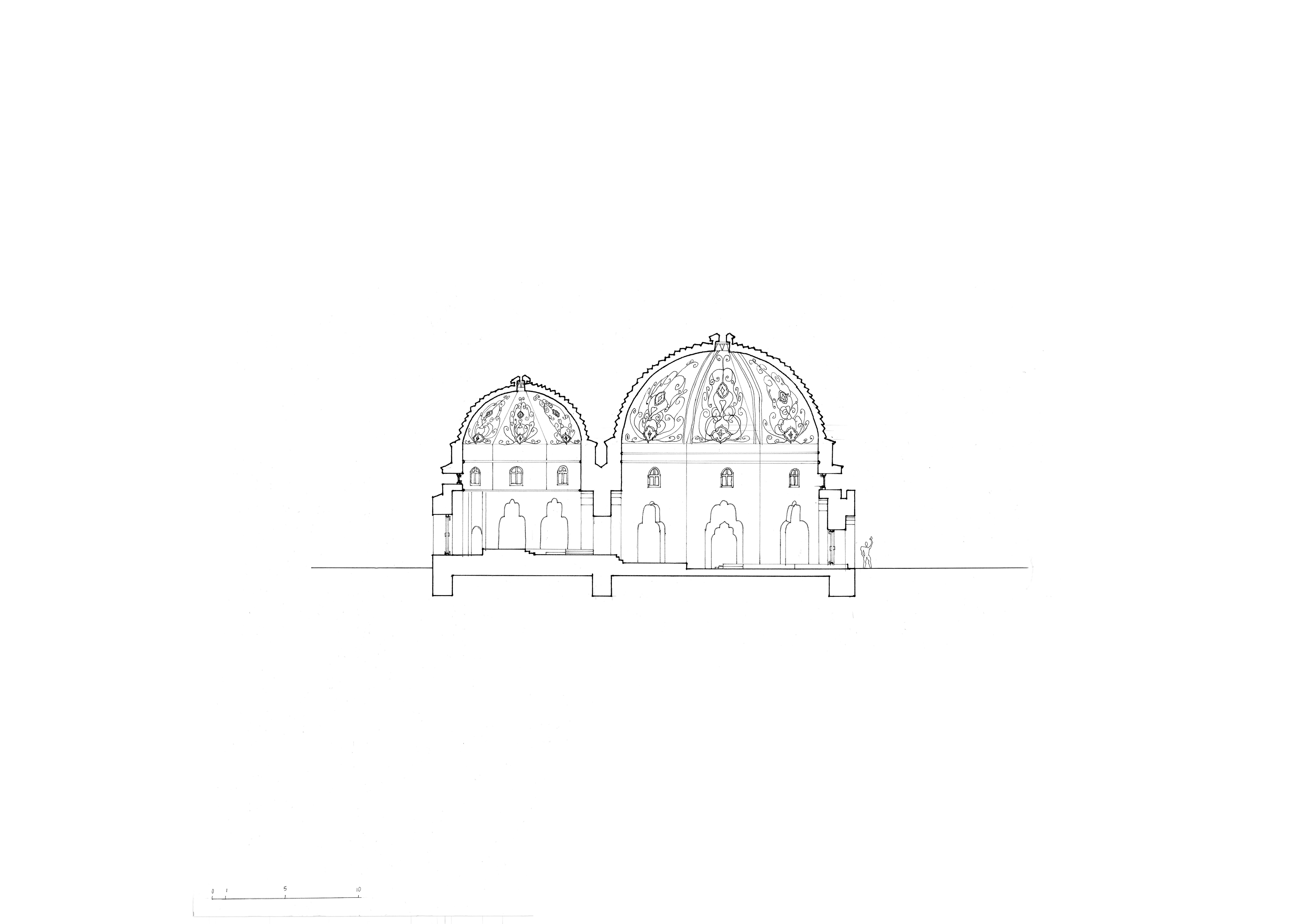
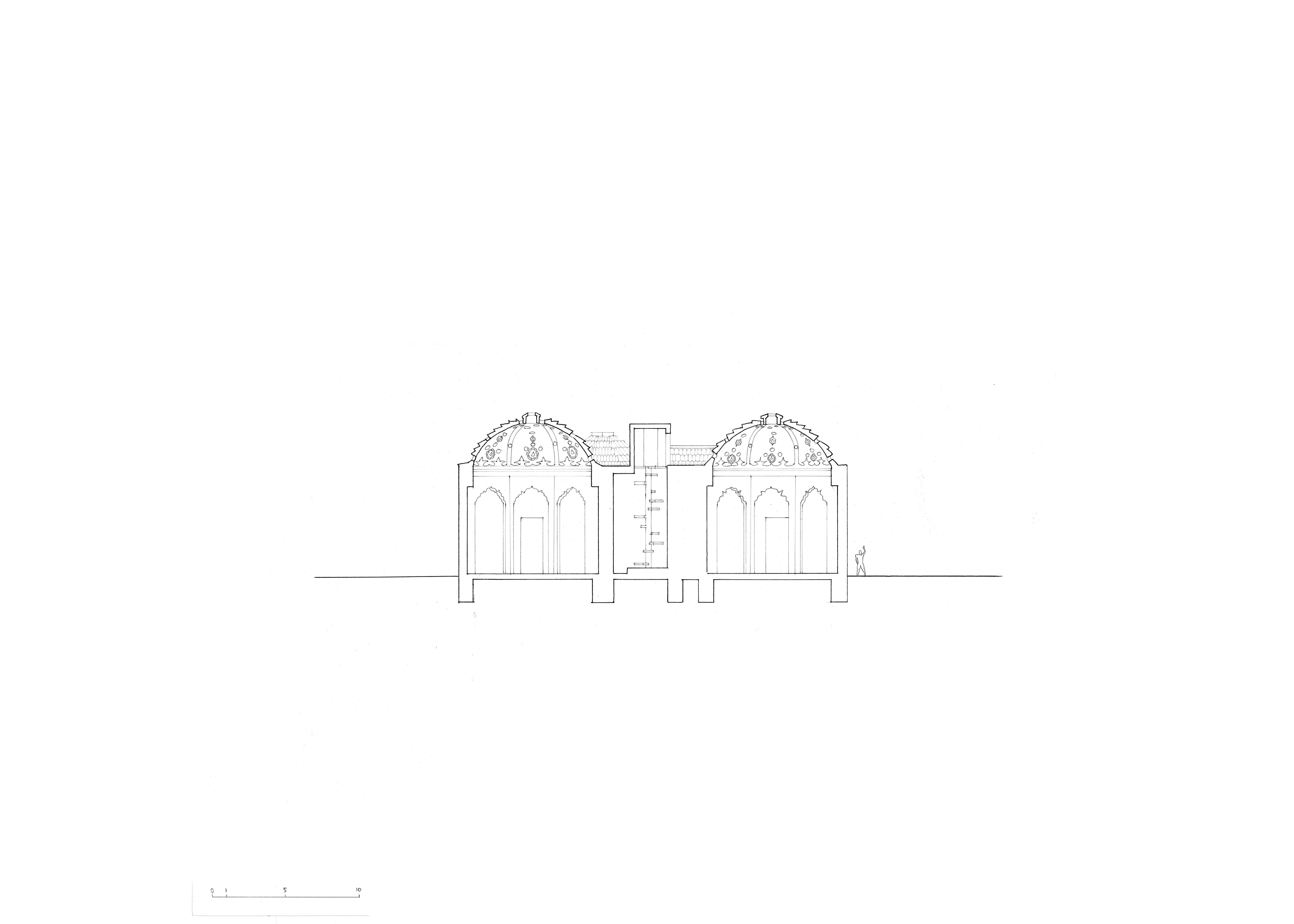


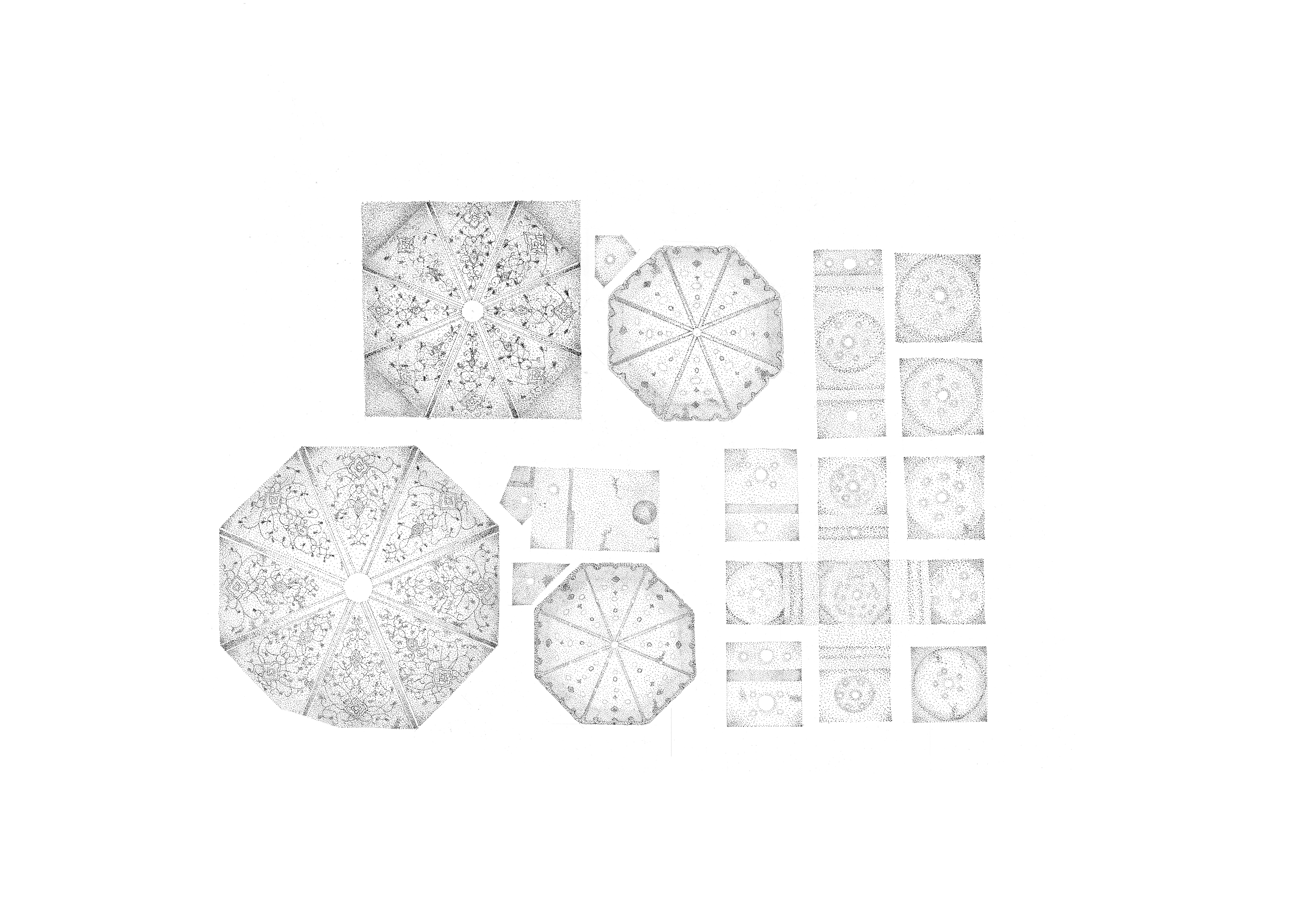



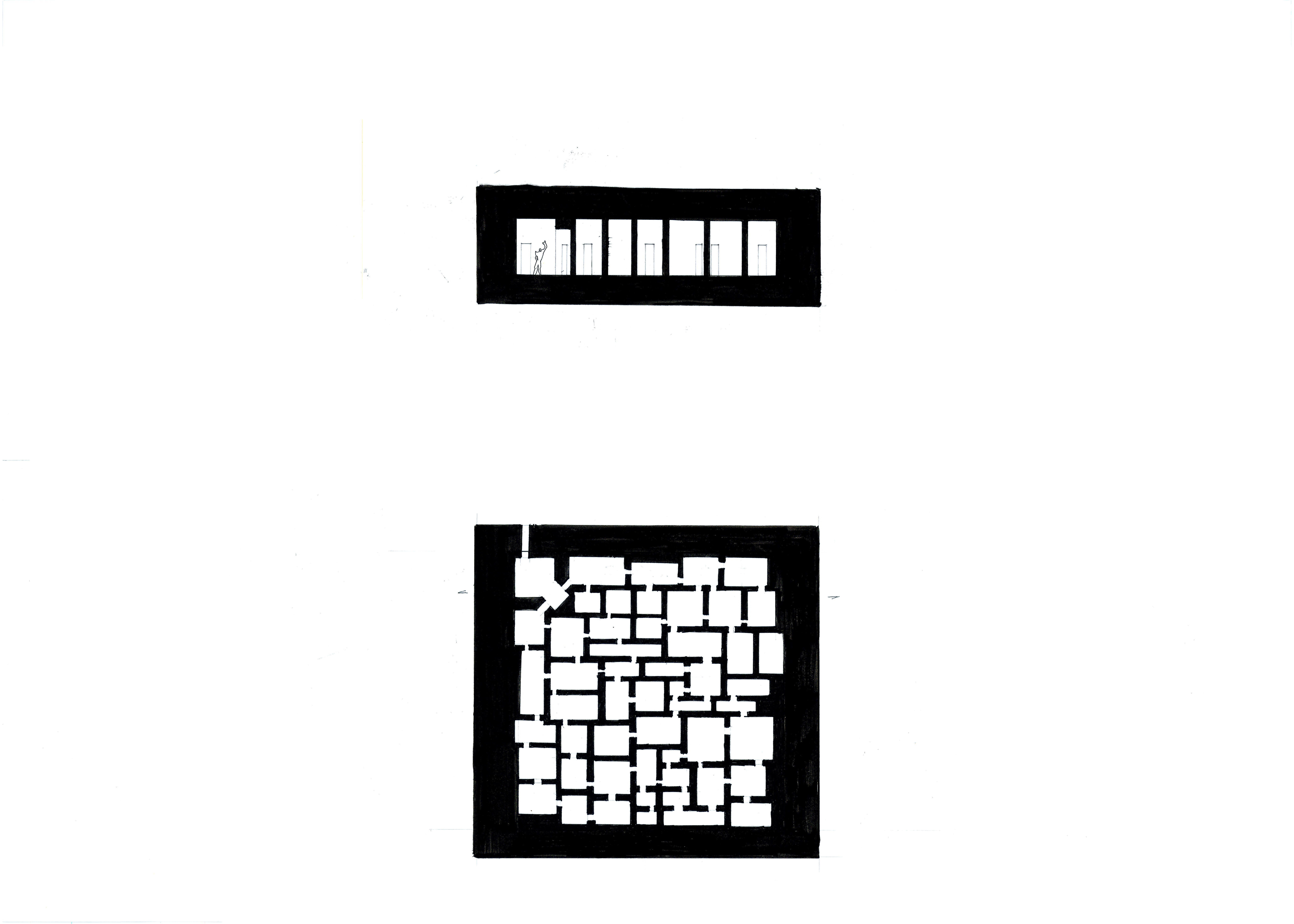

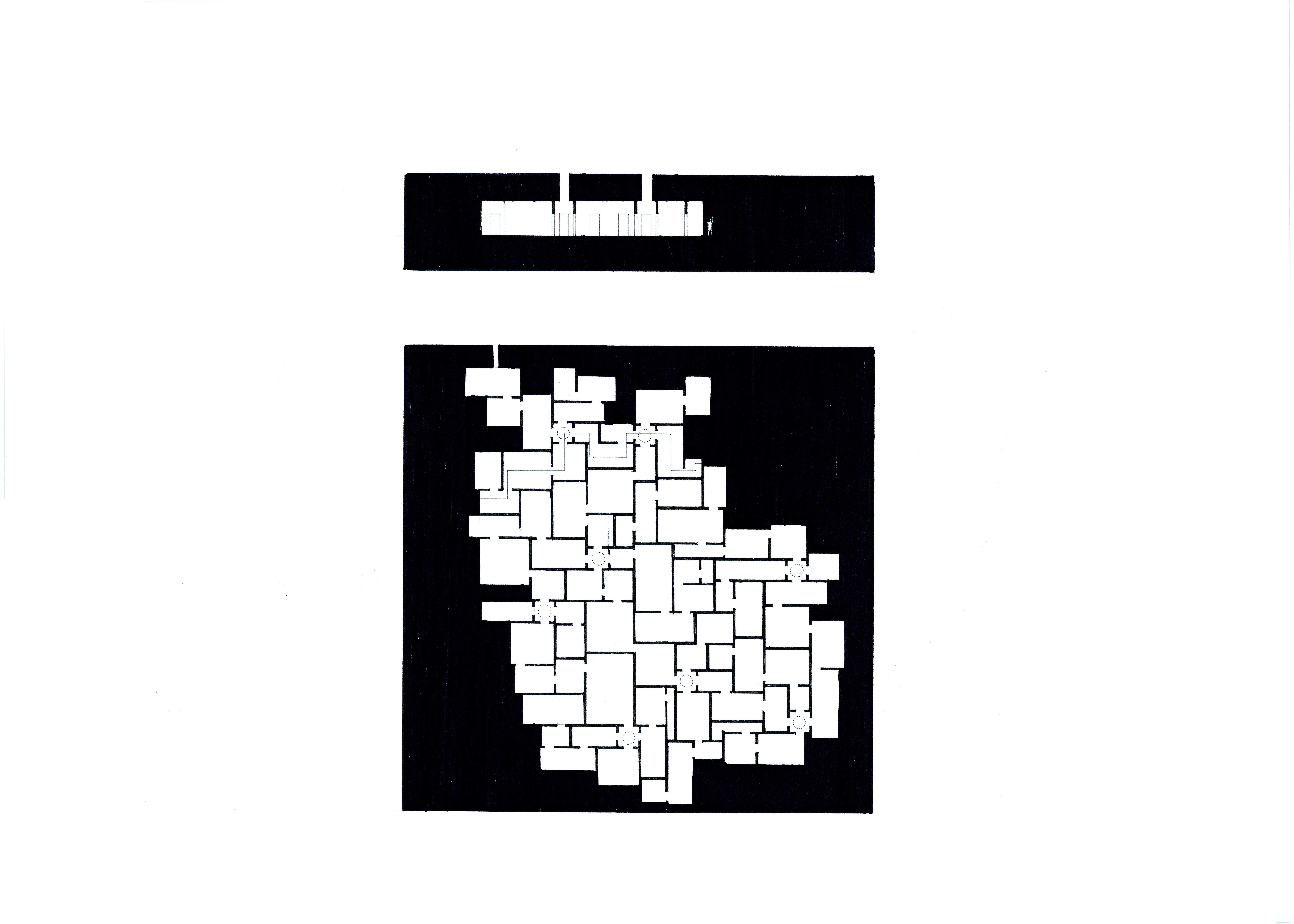

Porticco
Cosmin-Ionuț Margarit, Ioana Otobîcu
First glance. Typological series.
Cosmin-Ionuț Margarit, Ioana Otobîcu
First glance. Typological series.
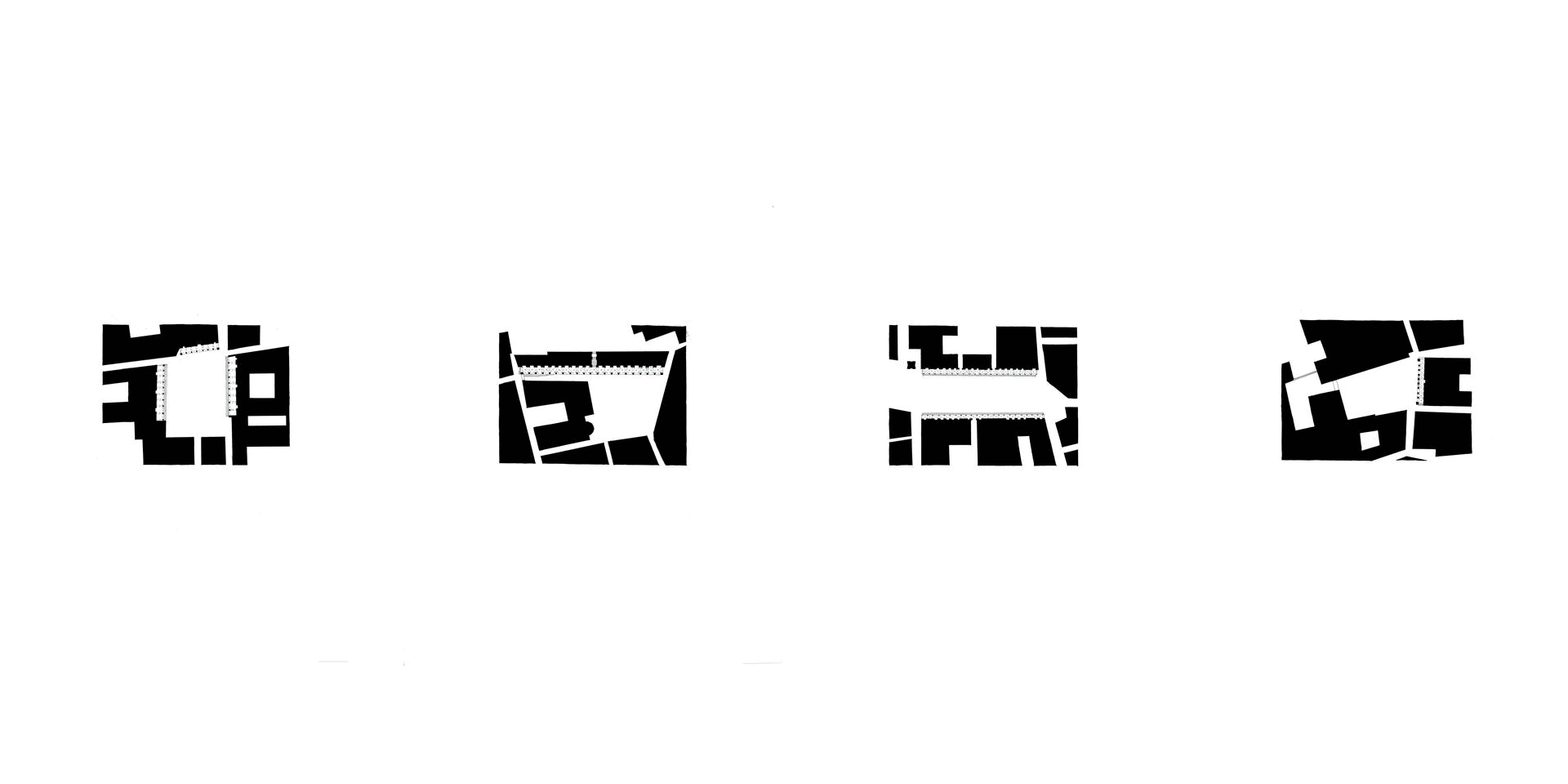
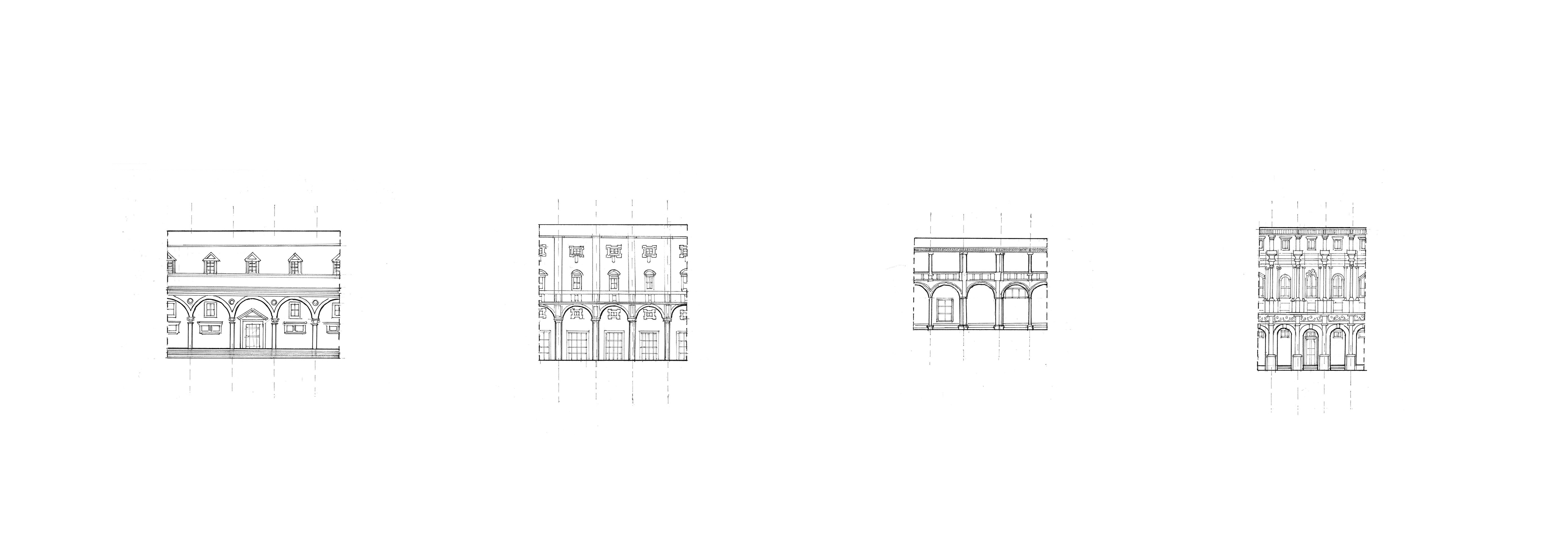
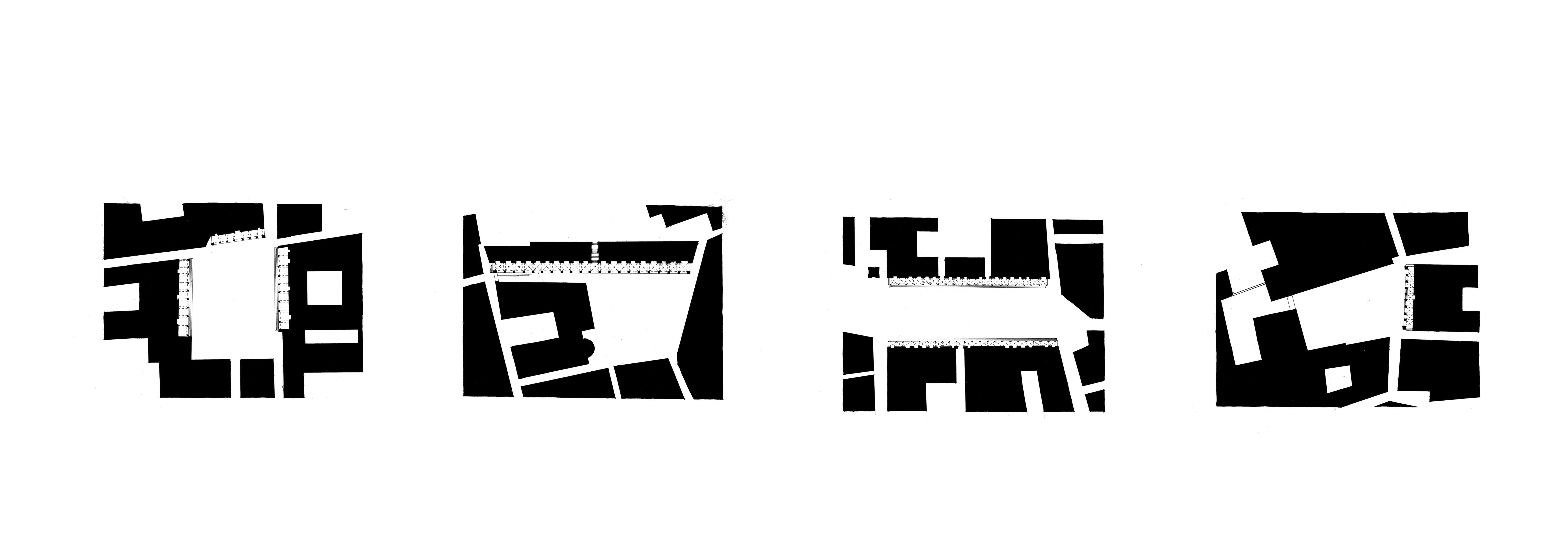
Second glance. The Model.






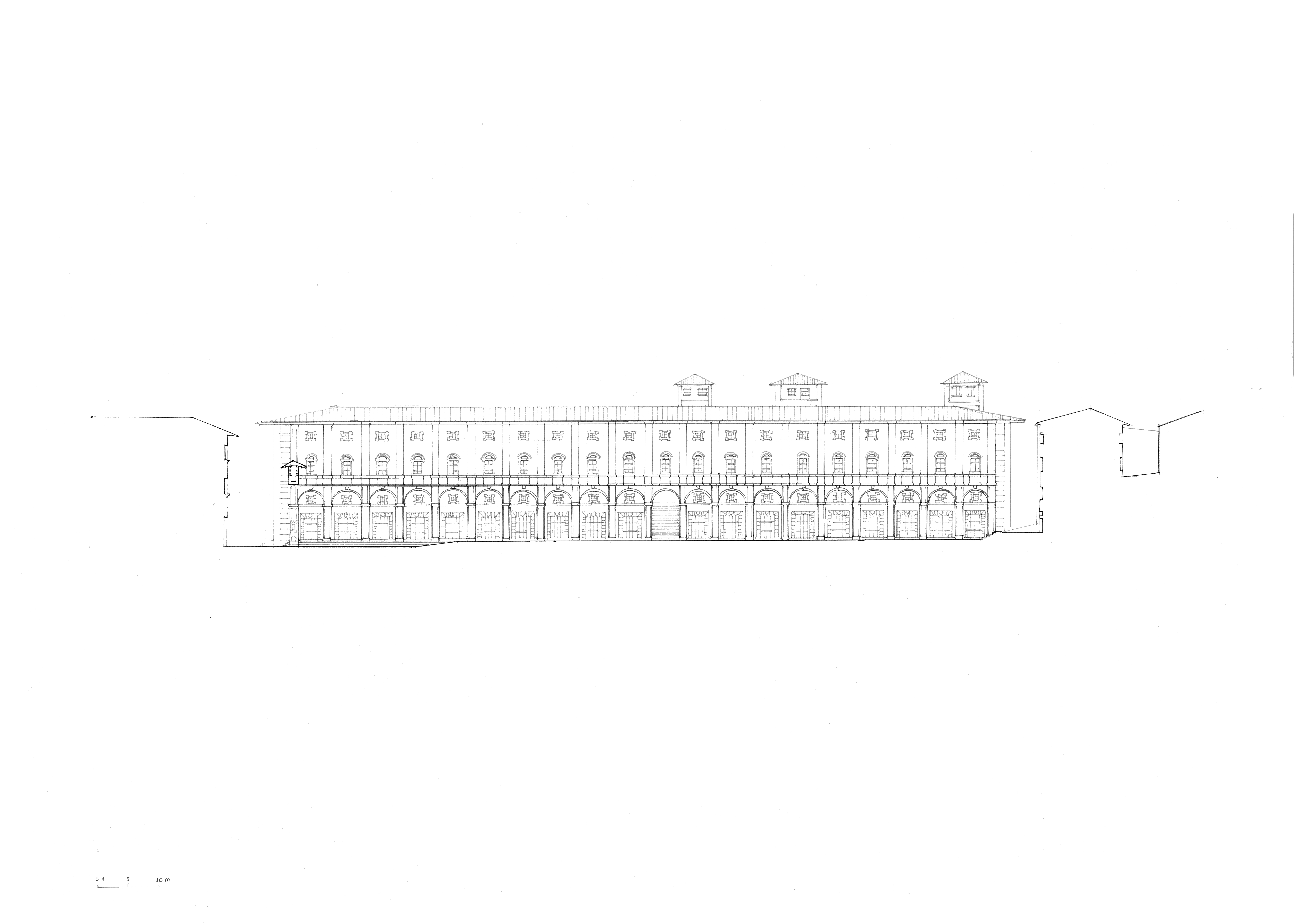

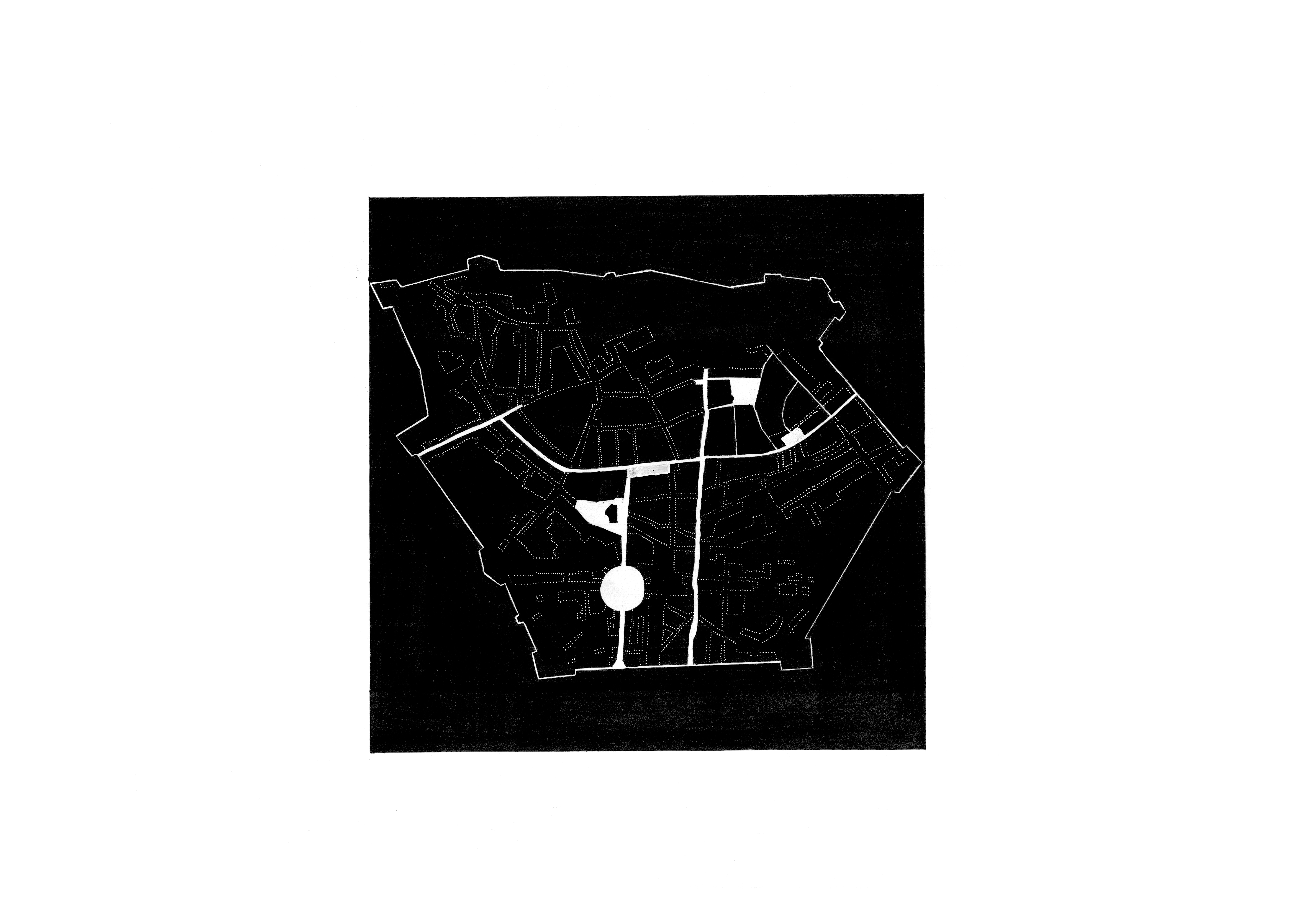

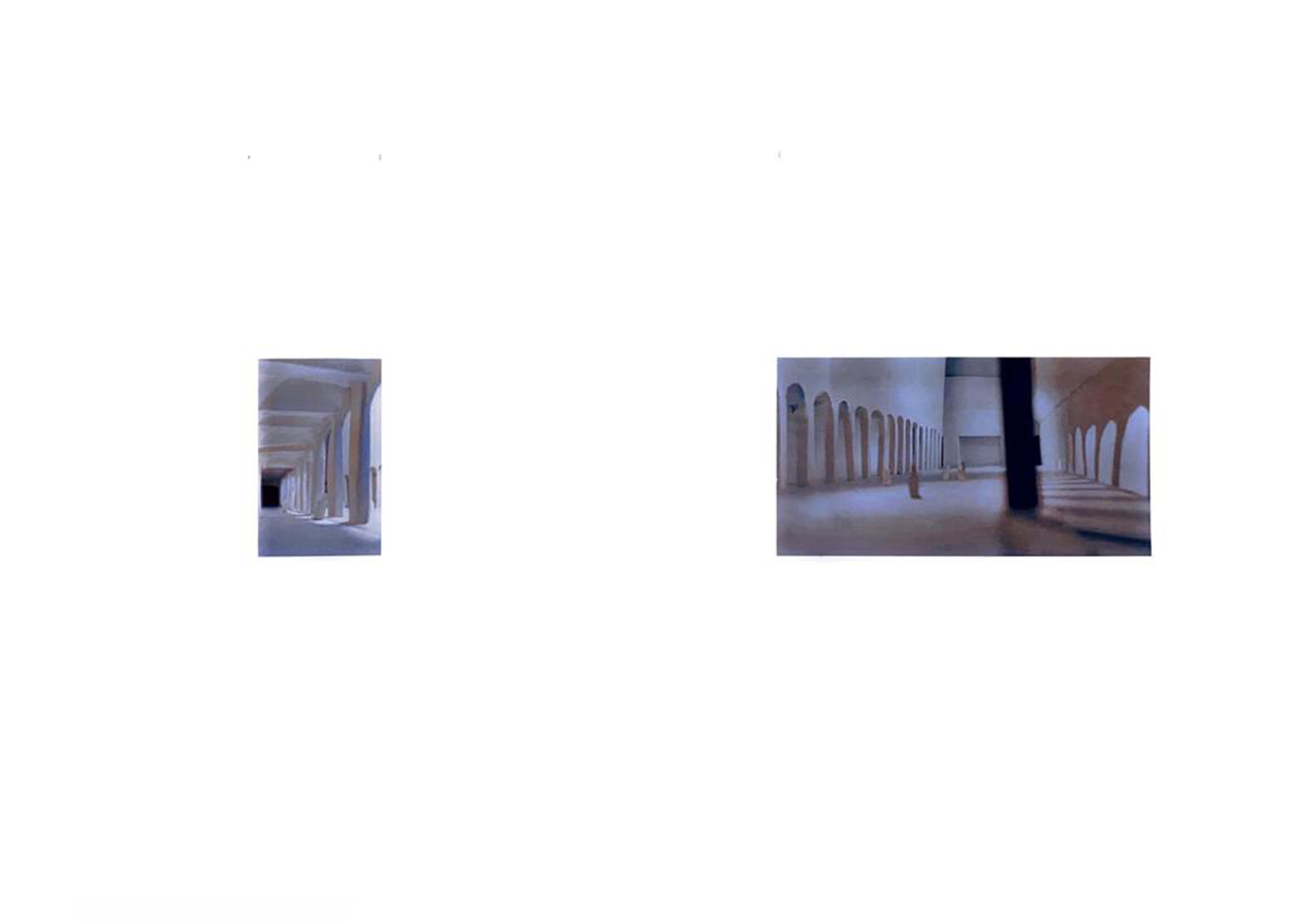

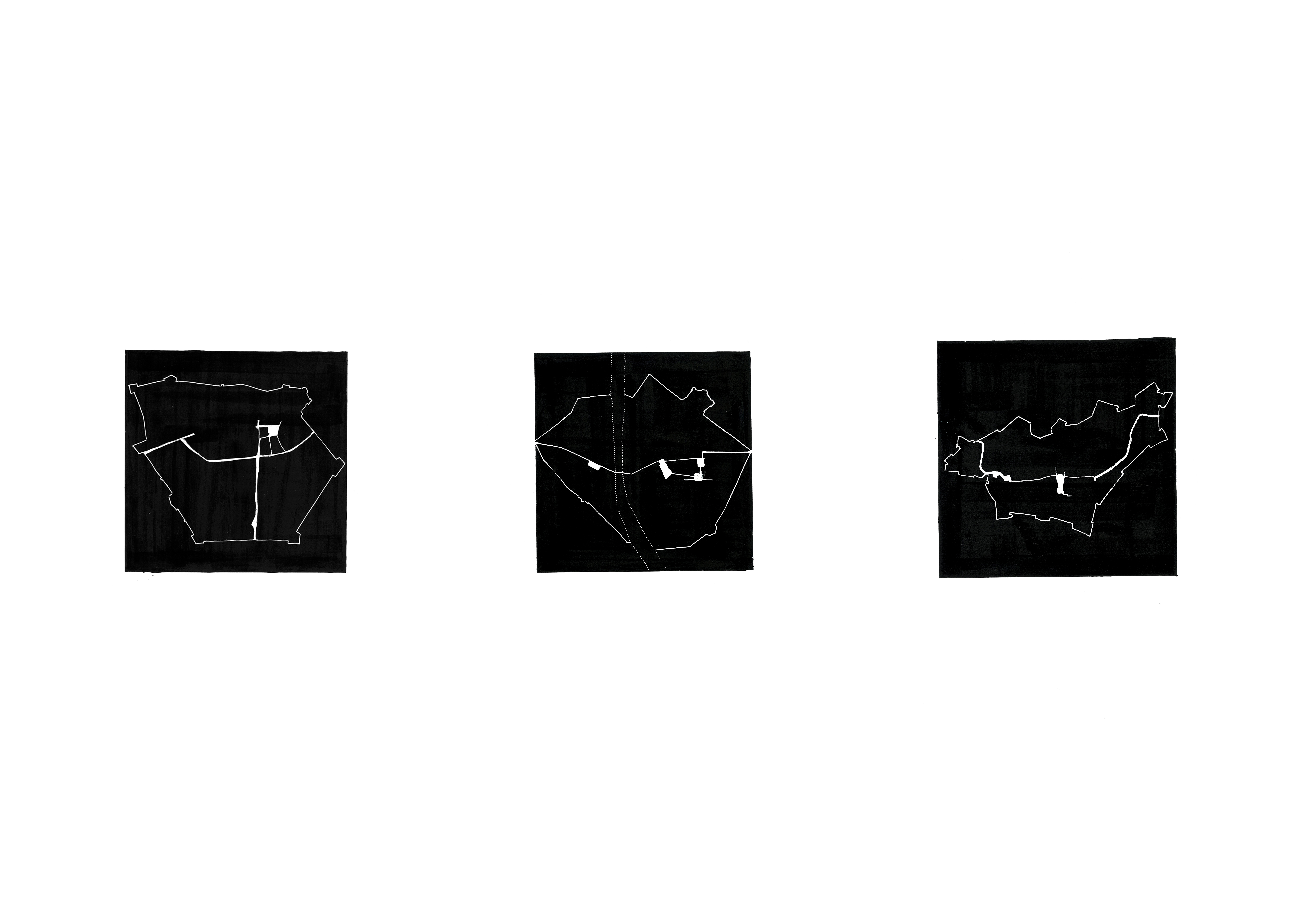

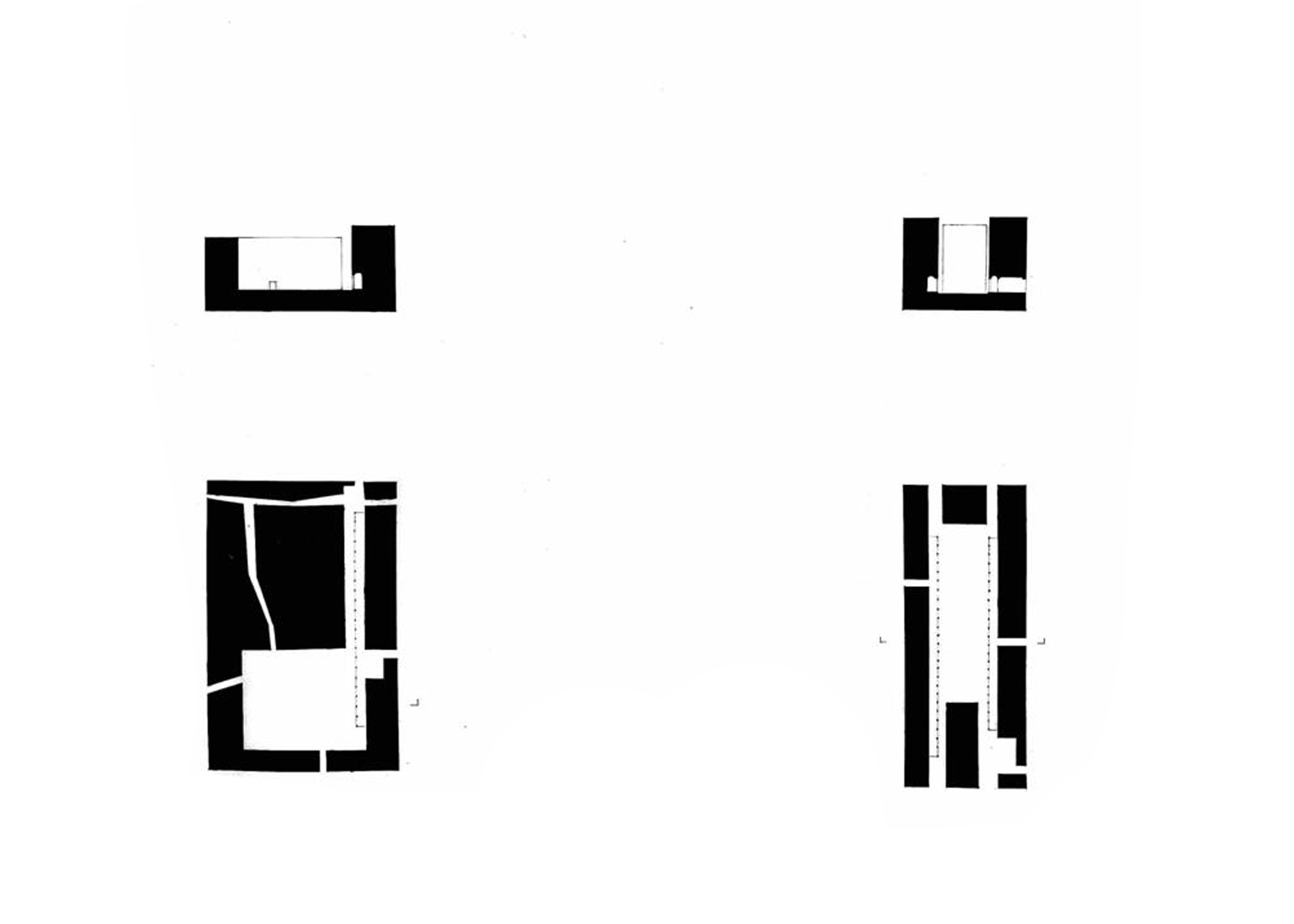


Set of rooms
Petruța Pănescu, Monica Radu
First glance. Typological series.
Petruța Pănescu, Monica Radu
First glance. Typological series.
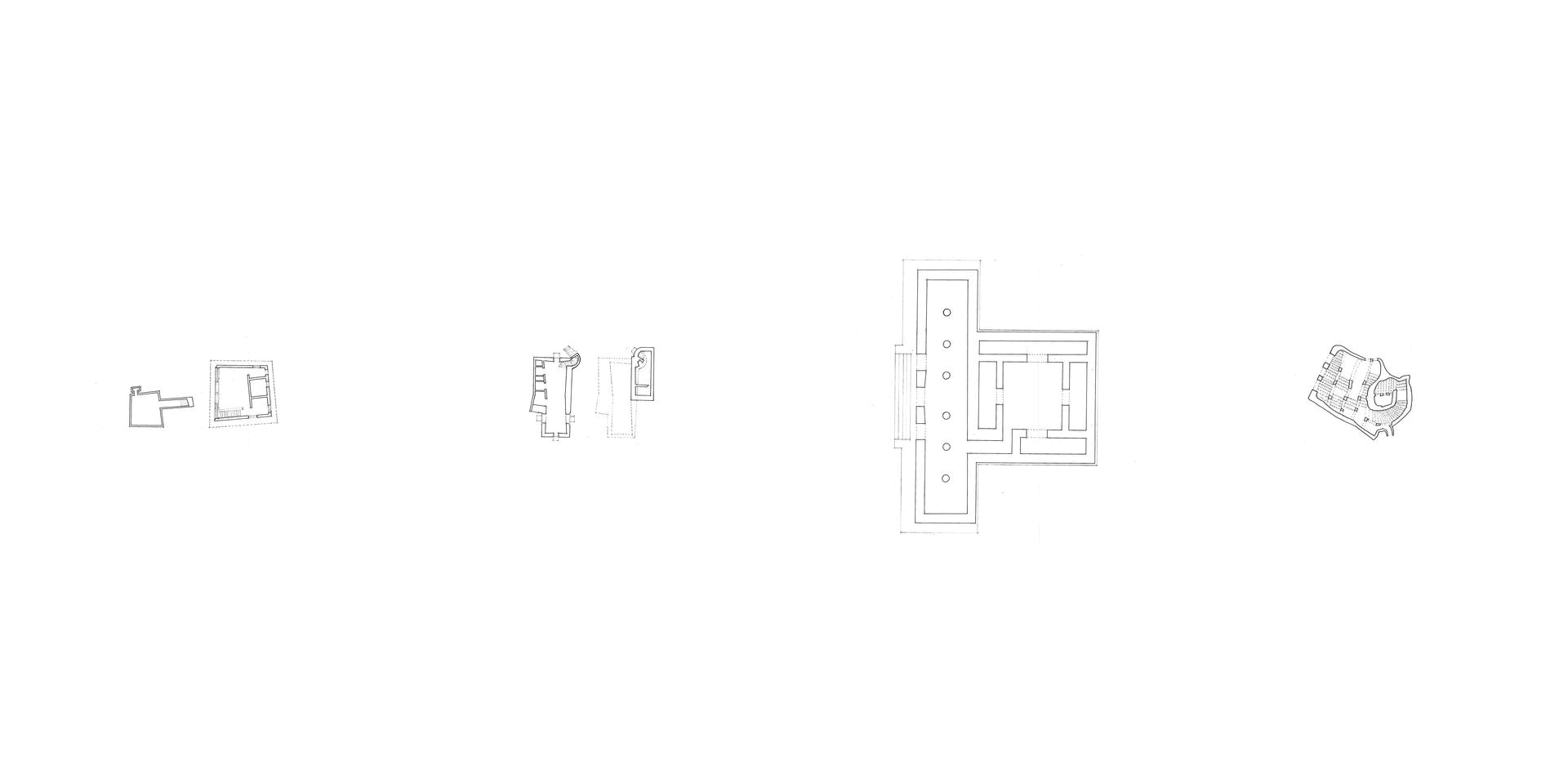
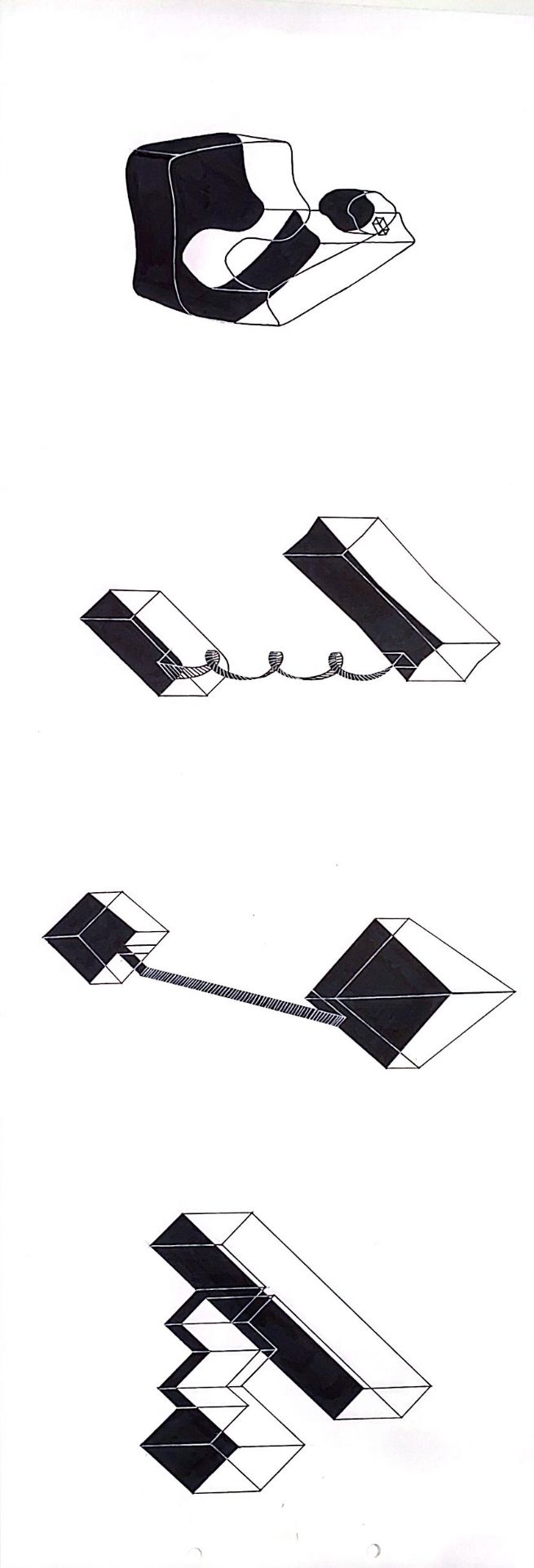
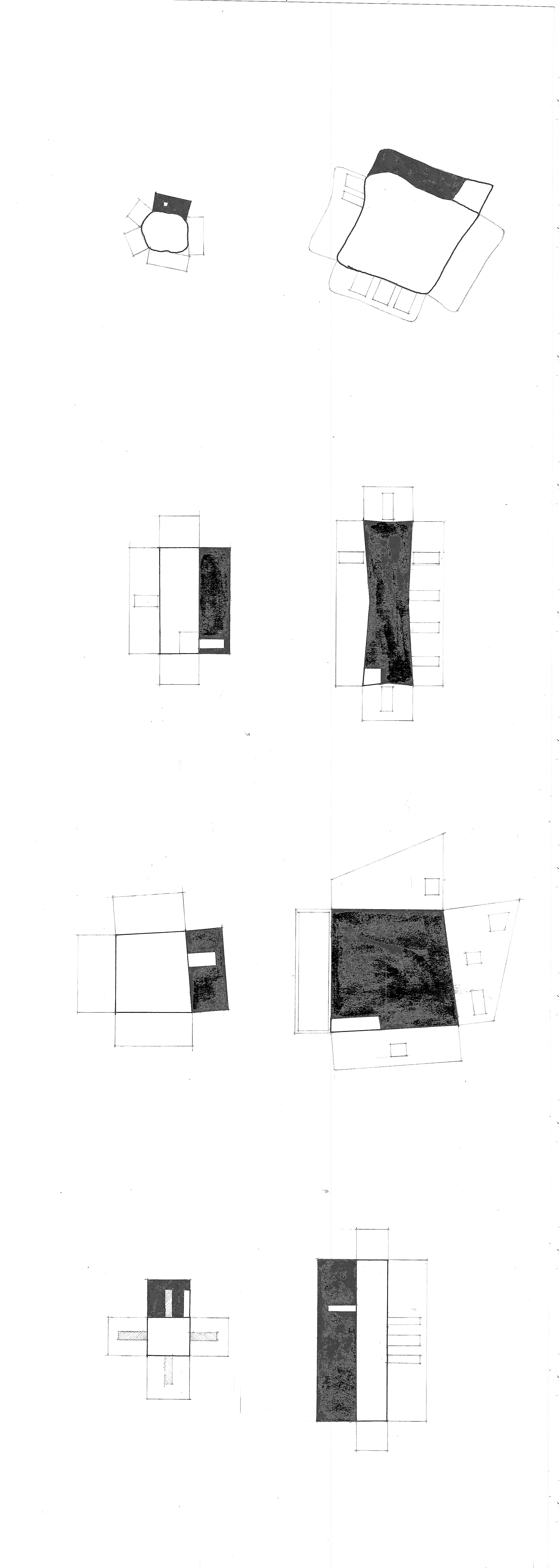
Second glance. The Model.


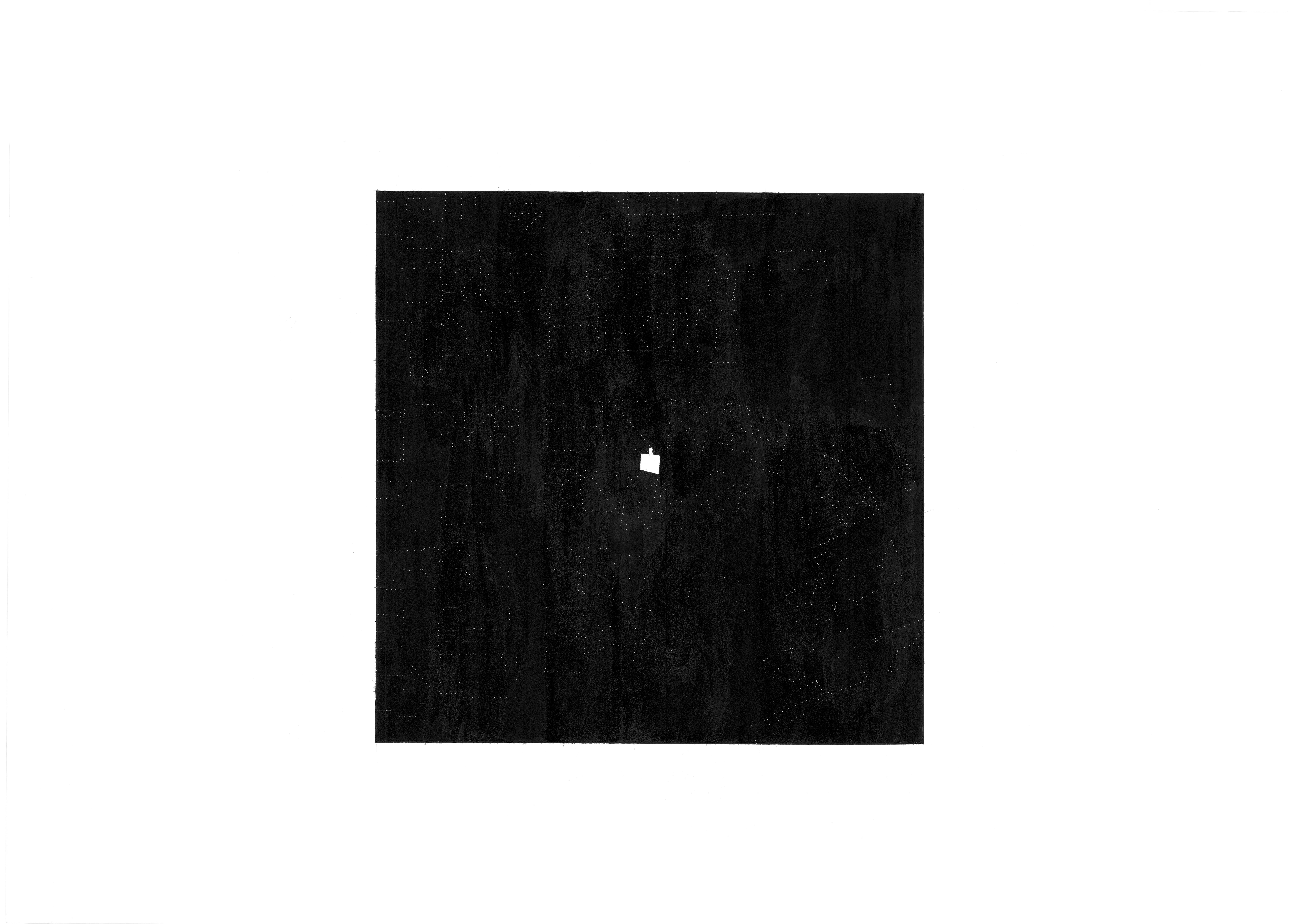


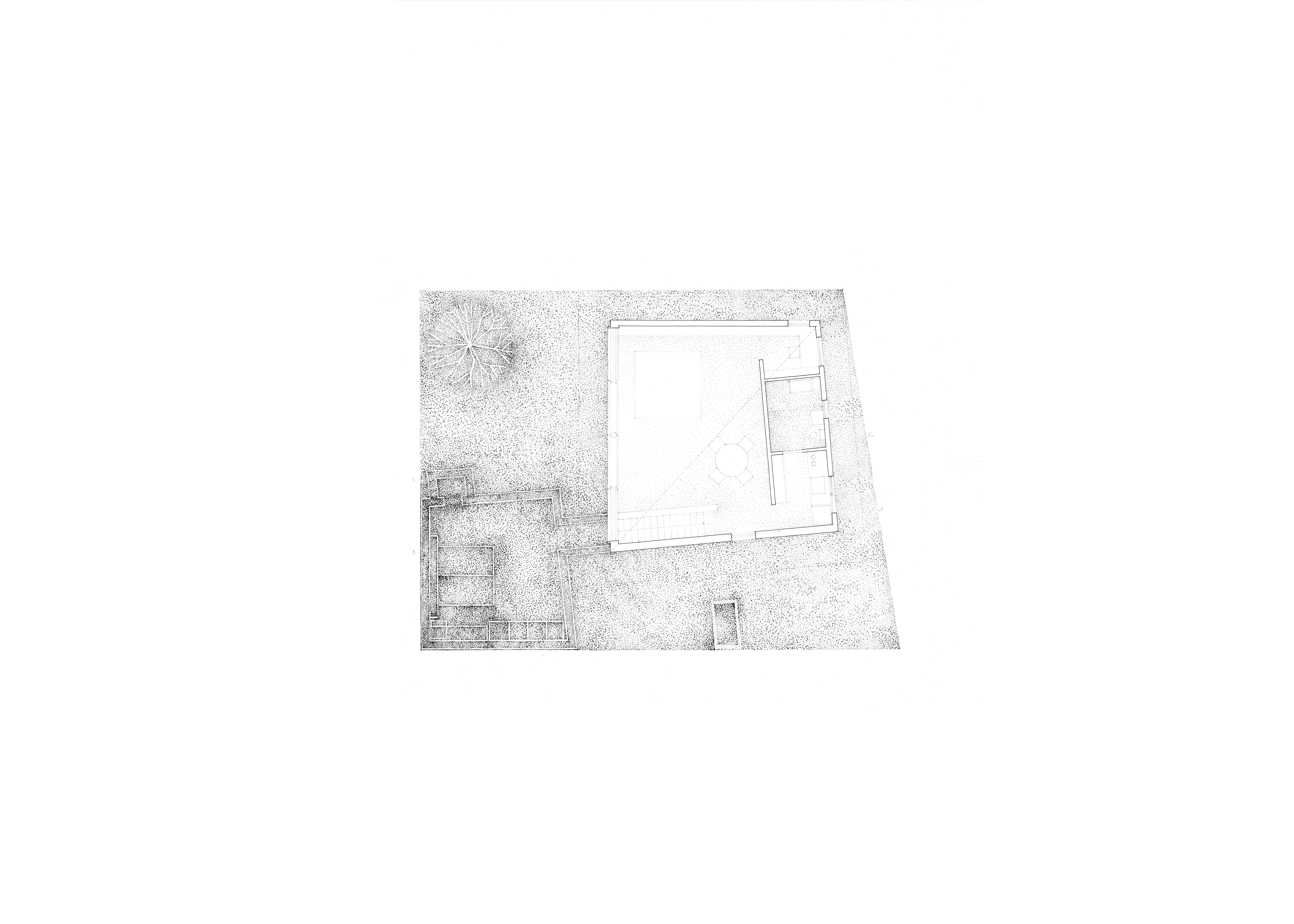





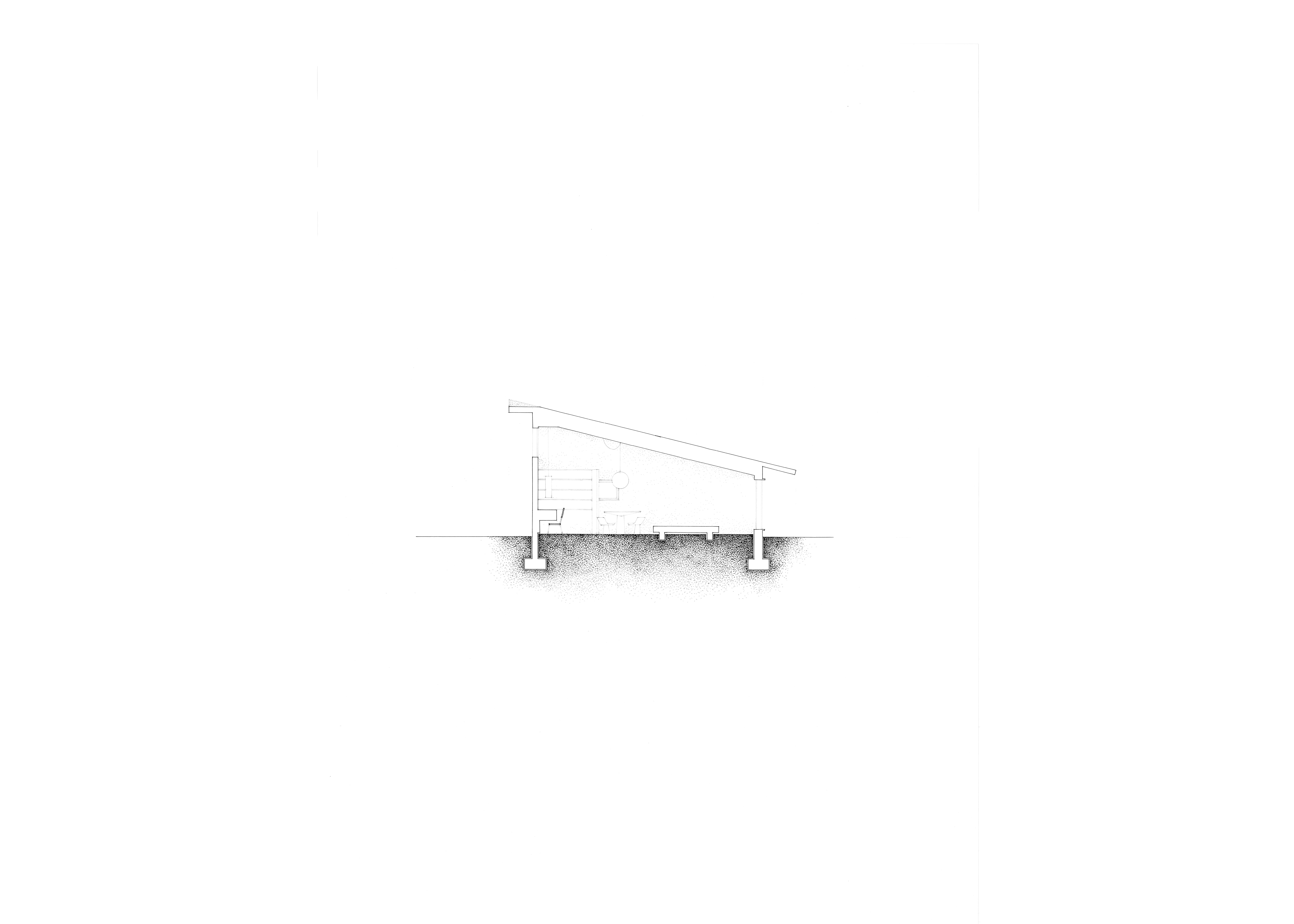

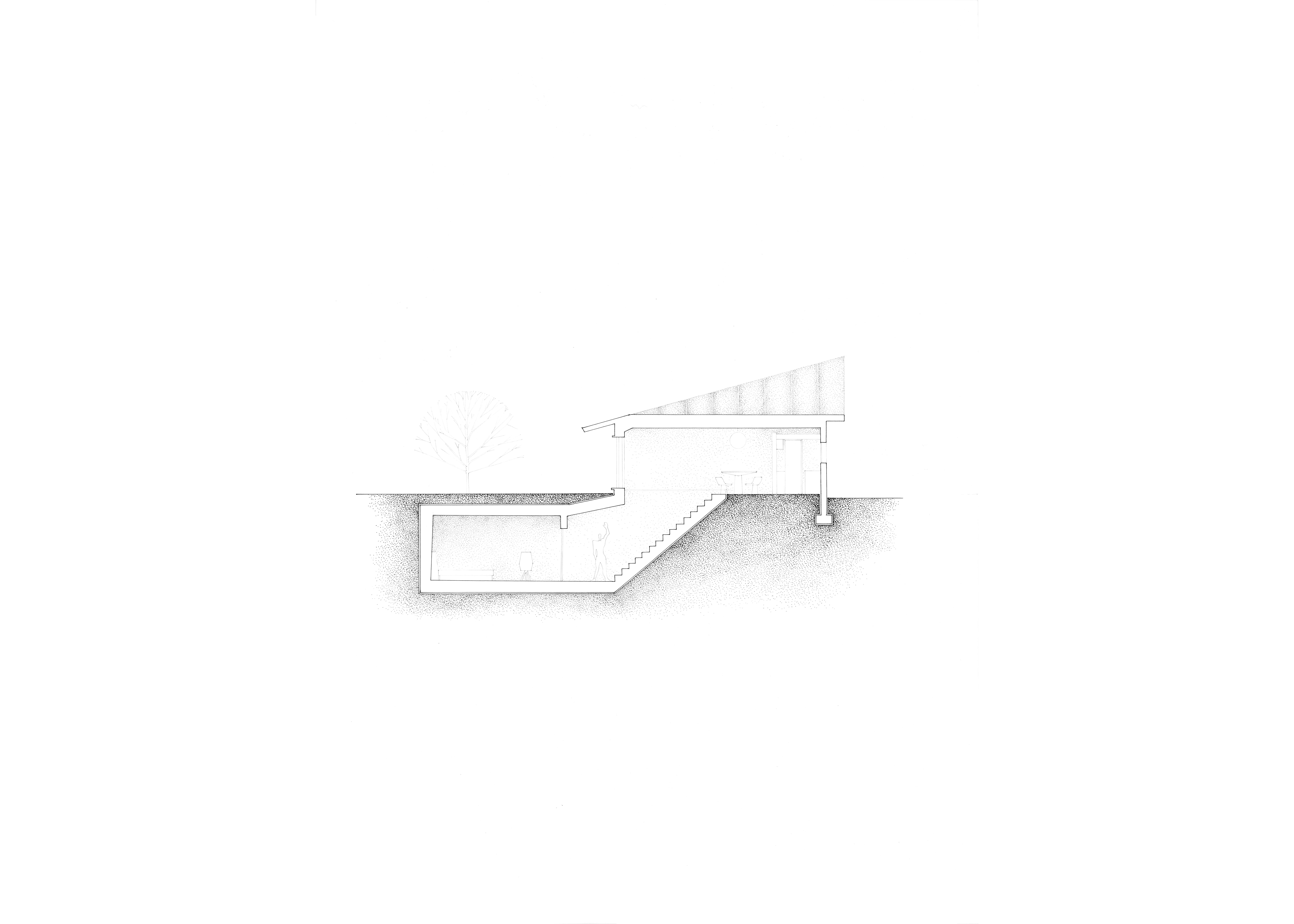



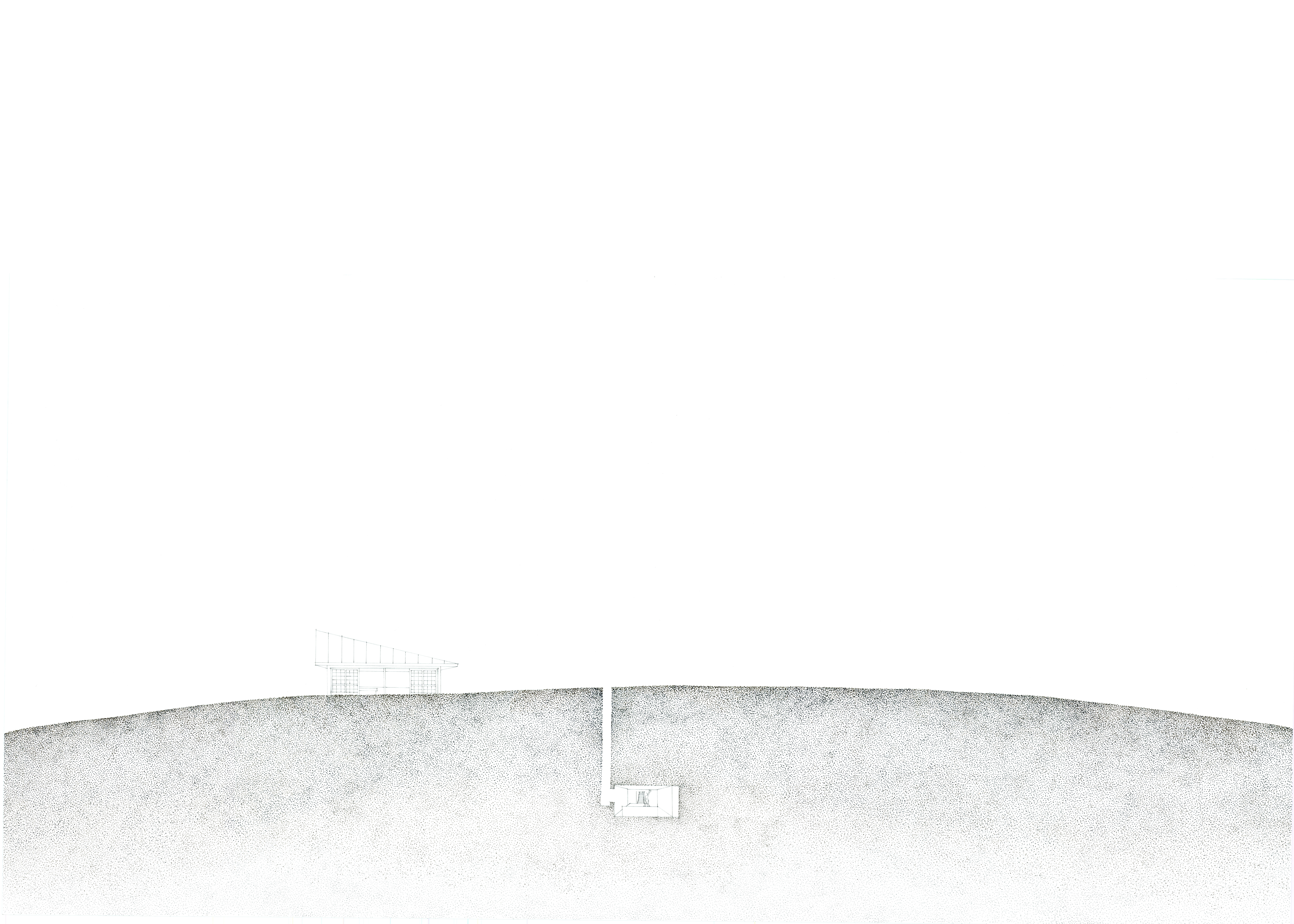
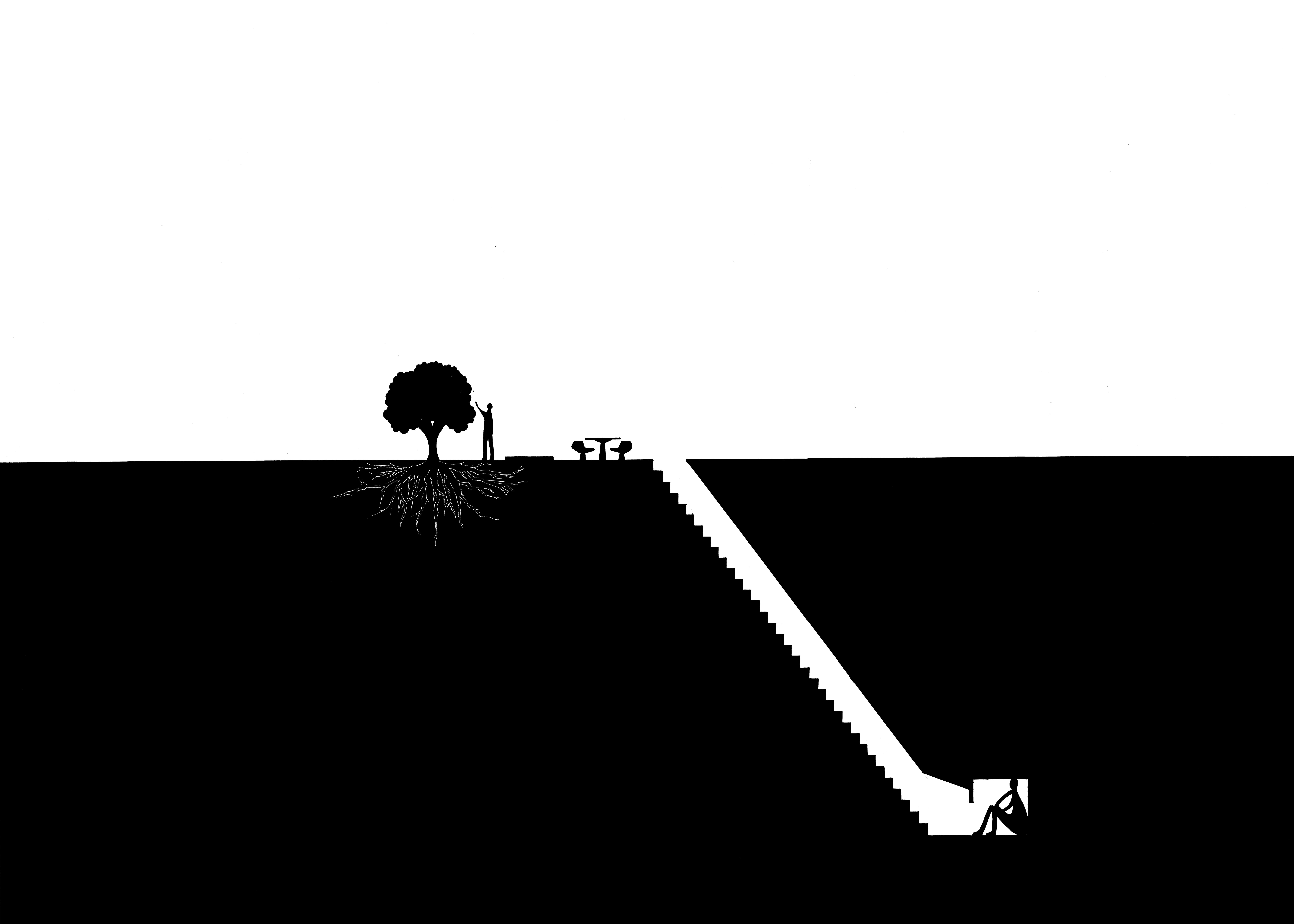





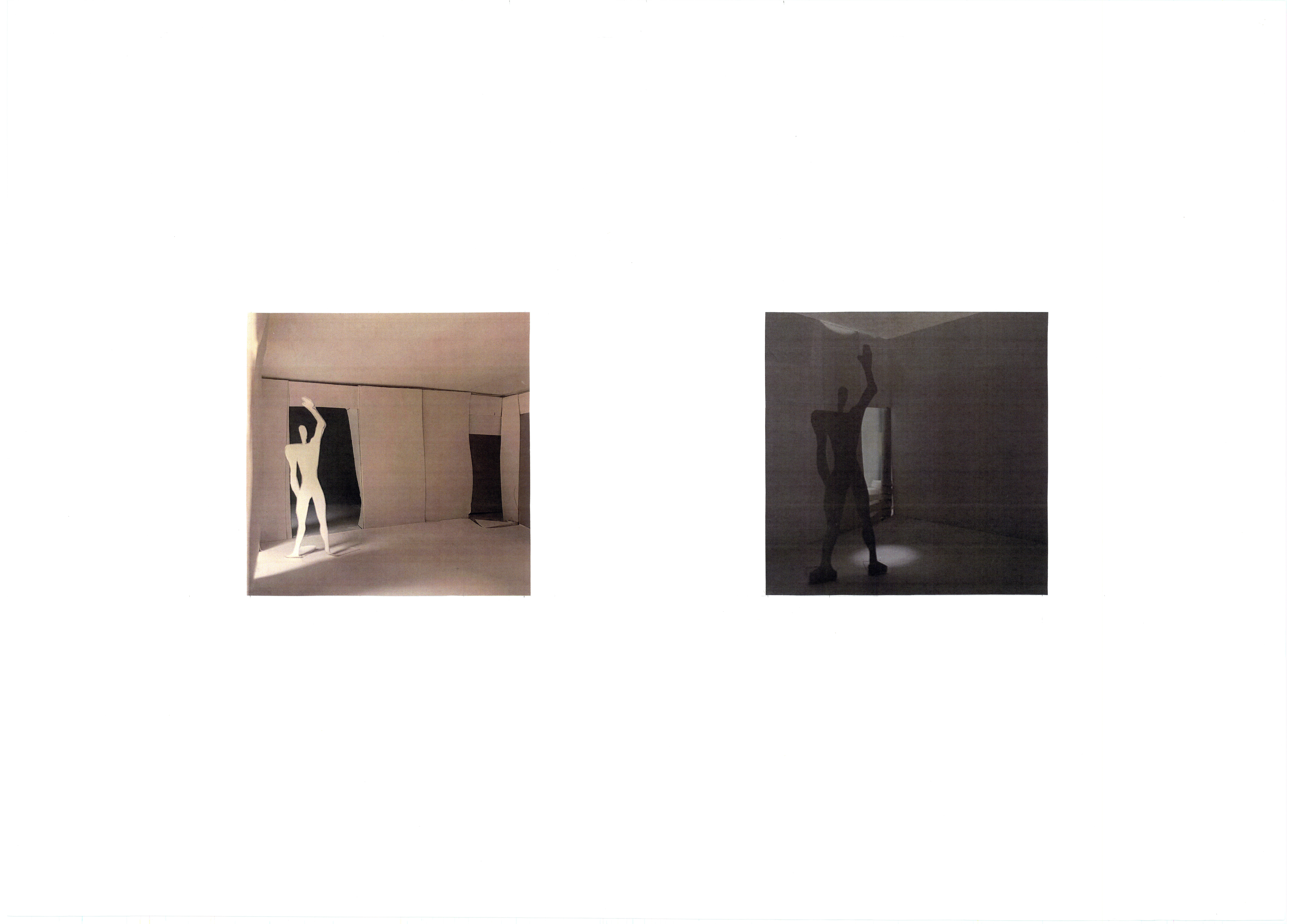
Inner courtyard
Eva Mihalache, Eva Tănase
Second glance. The Model.
Eva Mihalache, Eva Tănase
Second glance. The Model.


















